Movies I Watched July 2025
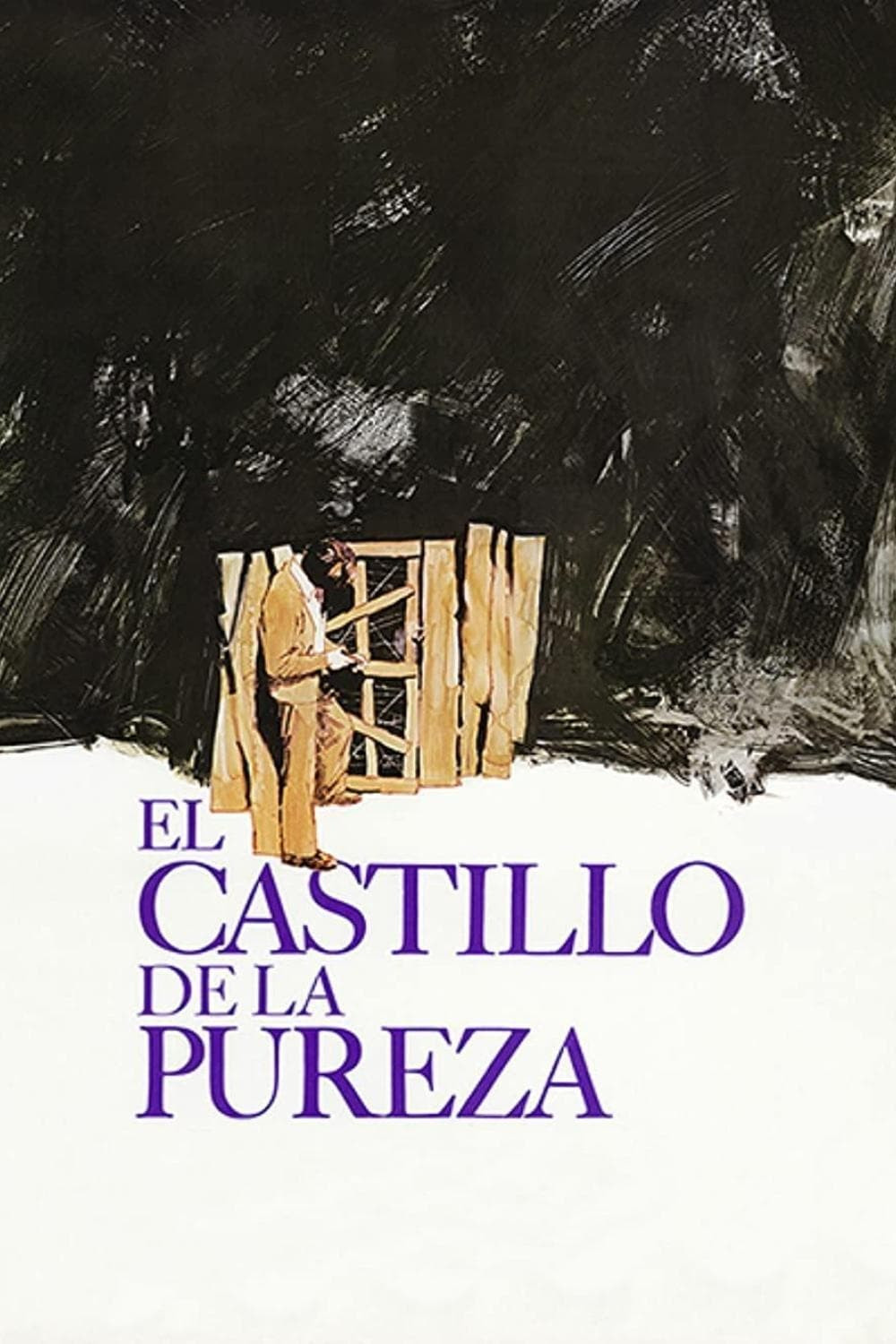
Castle of Purity - dir. Arturo Ripstein
A film should be more than watching a guy abuse his family for almost 2 hours. Utterly excruciating. 4/10.
-

No Fear, No Die - dir. Claire Denis
Anything that ought to be said by the camera is said. I can barely remember any dialogue spoken in this film, I can only remember the sights and settings. Denis traps her protagonists in the dim of night, in the basement, in the underground.
The meaninglessness of masculinity represented in the ritualistic brutality of the cockfight. Two African immigrants in the white hegemony of France try to stake out a meager existence through this illegally sanctioned blood sport.
Denis has no bad films. 7/10.
-
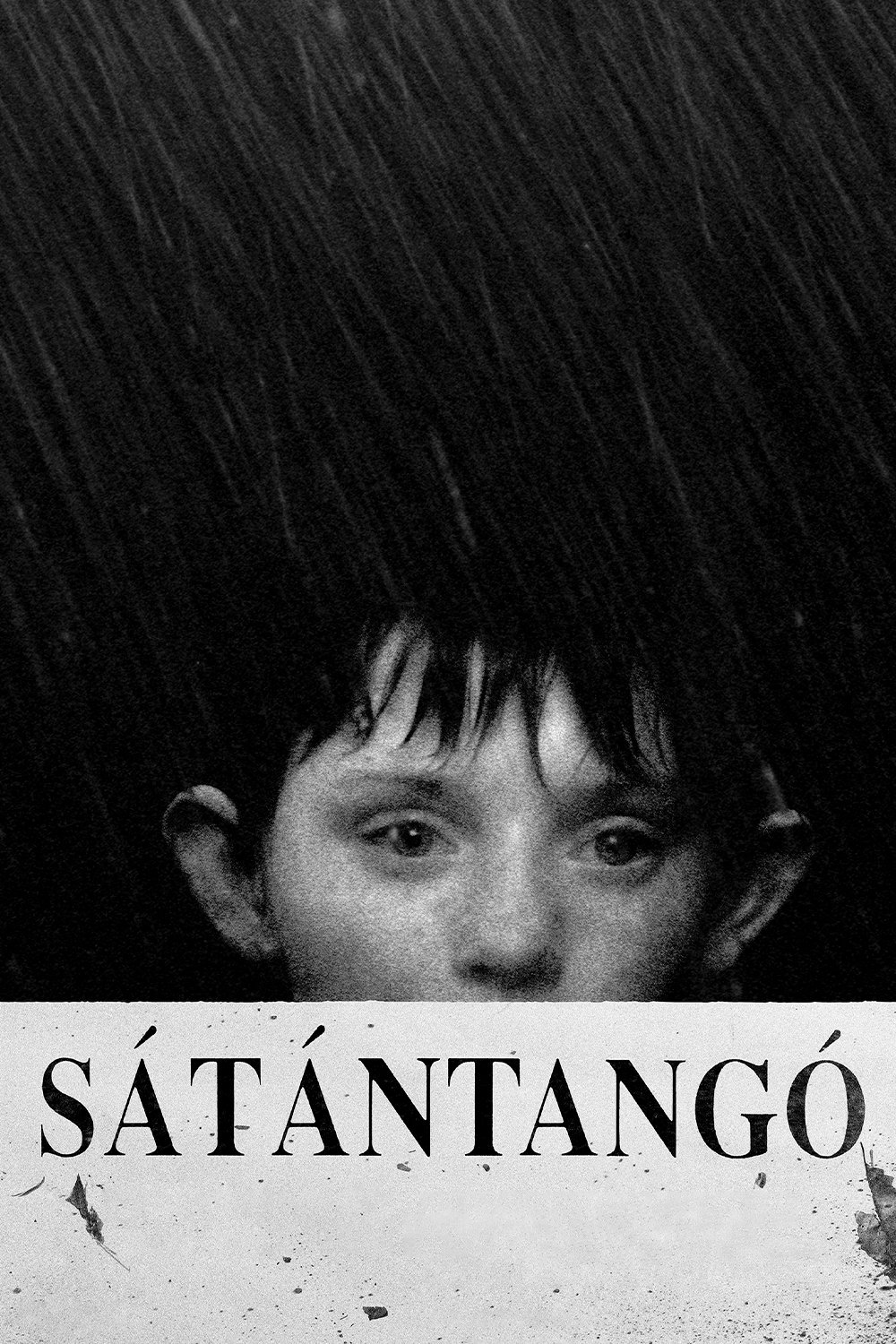
Sátántangó - dir. Béla Tarr
Forsaken by truth, forsaken by love, forsaken by God. 9/10.
-
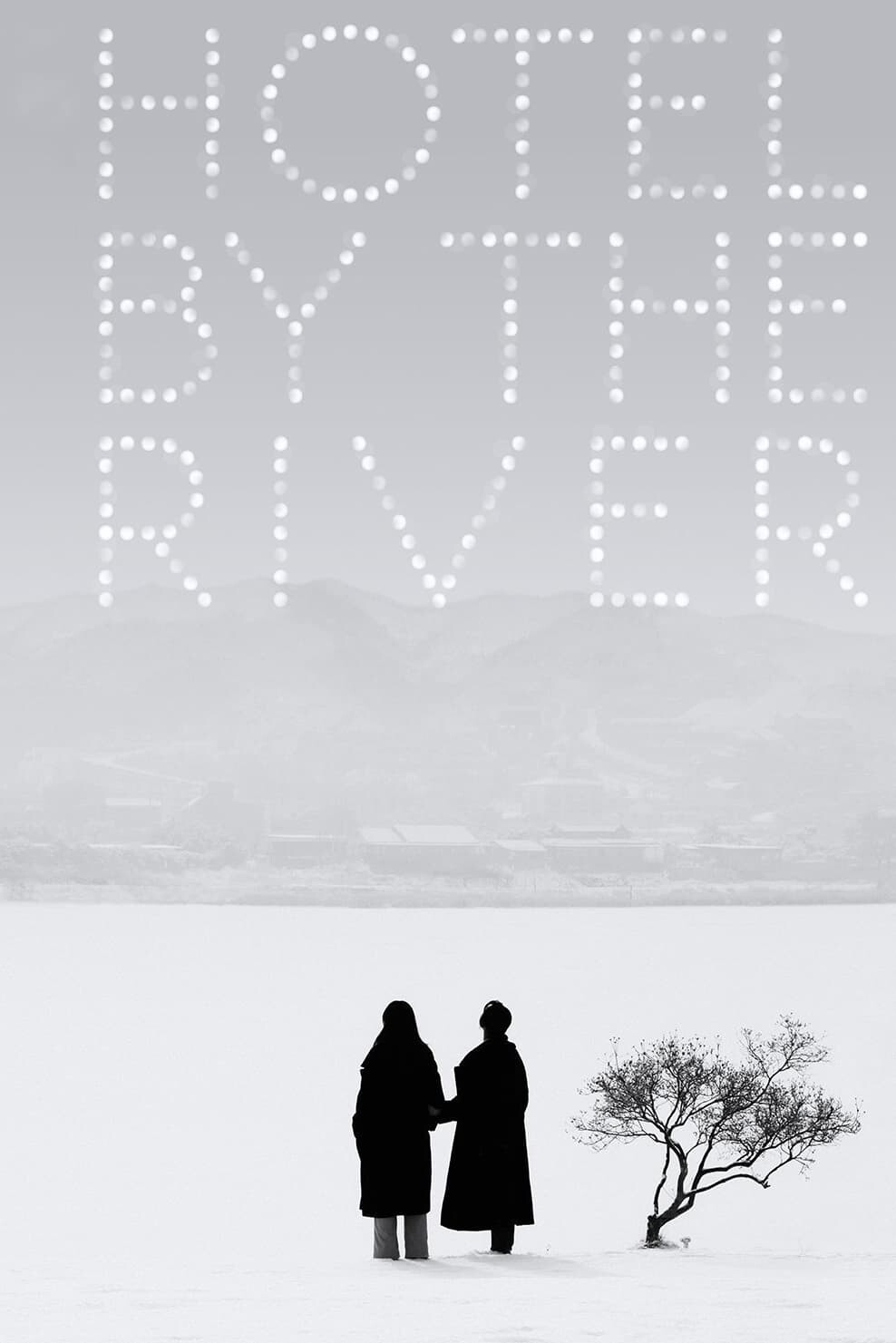
Hotel by the River - dir. Hong Sang-soo
You get the sense he would’ve preferred daughters to sons, the cowardice of a man too puny to face his own progeny but more prepared to deal with the admirers. Hong’s work has always been strictly personal, not once veering into full fiction. In one way or another he is always observing himself. When he was younger and fresh-faced directing Tale of Cinema the subject was a fan of film. As he gets older his work follows suit and he confronts being the admired instead of the admirer. Things still don’t make sense, though. 7/10.
-

Laura - dir. Otto Preminger
Shadowy surfaces understated by the denouement of a mystery pre-fixed by exchange, when Laura arrives it at first seems like a dream but when Preminger’s camera lingers unmoved it becomes more evident that she is just alive and that the whole investigation was misplaced, which I did not expect at all. Part of me thinks I would have been more enamored with the film had it delved into the obsessive romance but that’s just not the kind of movie this is, it’s a very piece-by-piece noir and it is stylistically competent as fuck if not a murky descent into romantic yearning. 8/10.
-
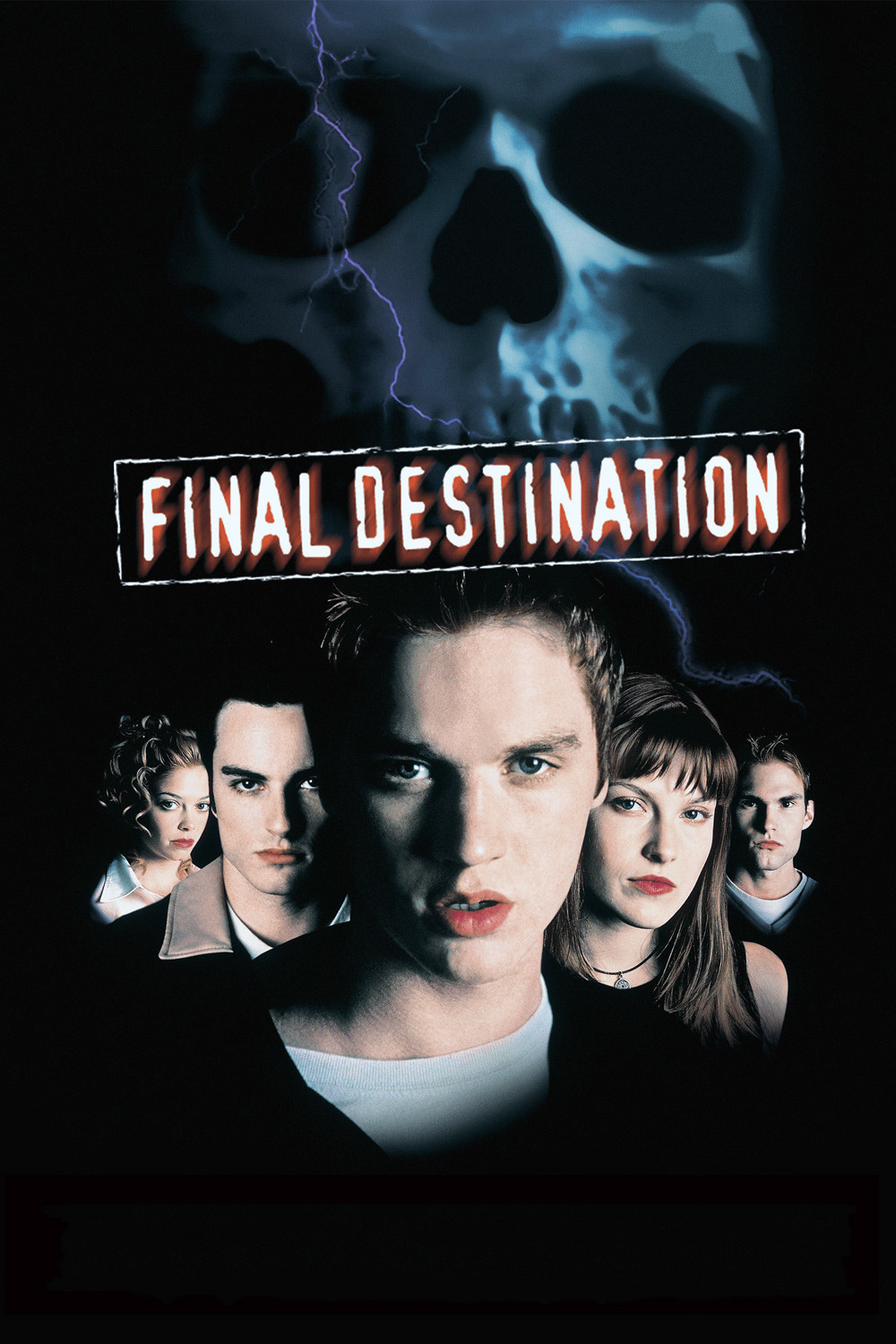
Final Destination - dir. James Wong
A slasher that isn’t burdened by the genre’s dumbest tendencies. Give me silly characters and elaborate rube goldberg horror, don’t give me bullshit psychology about the killer. Better that the villain be something as ambiguous and amorphous as death than some misunderstood psycho with mommy issues or repressed sexual desires.
Super fun, one of those movies that is exactly what it should be. Gets a little too chaotic in the third act (the style of the franchise works best when the objects of death are kept in visual clarity) but hard to dislike at all. 6/10.
-
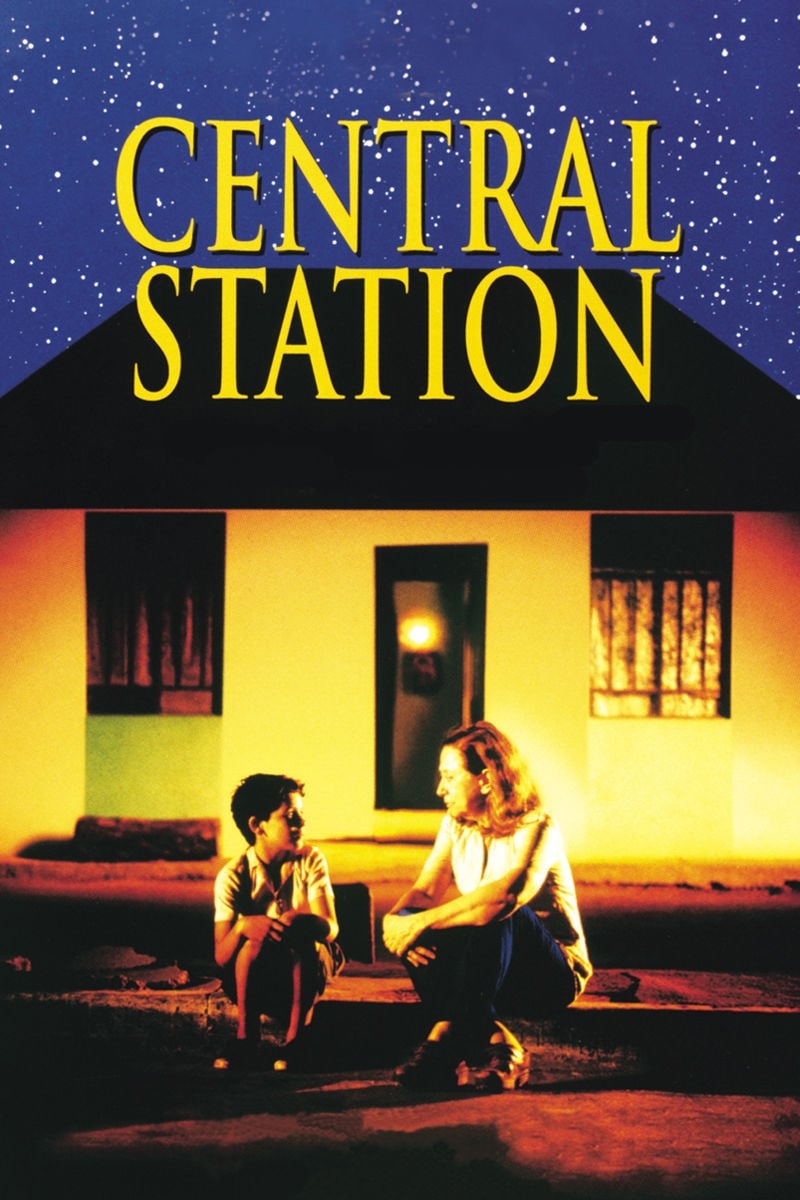
Central Station - dir. Walter Salles
Dora reminds me of my grandma. Made me miss her so much. She’s such a grouch but she has so much love in her heart. Life has not been kind to her and she has made many mistakes which my mom will gladly attest to but there is nobody in the world quite like her. I will call her because of this movie, and even if it did not make me feel too much on its own merit, it must have some personal value to me nevertheless. Walter Salles is an extraordinarily solid filmmaker but I did not love this or I’m Still Here as much as I hoped I would. He’s no Hector Babenco or Leon Hirszman, that’s for sure. 7/10.
-

Obsession - dir. Luchino Visconti
Terribly unromantic, which is a problem since the key draw of the film is in the title; obsession, desire, attraction… but how are we to empathize with leads that the director plainly detests?
Visconti’s masterpieces portray characters in crisis. They want things or people and they usually get what they want and experience untold personal horror in return; Rocco’s family imploding when they rise from poverty to stability, Gustav’s perverse desire destroying him, Livia in Senso obviously being conned and losing everything… Visconti takes these campy low-art cravings and elevates them with love and skill. What happens when there is no love? You get this film.
Interestingly, Visconti seemed to be far more comfortable at portraying those of similar stature to him; intellectuals from nobility. I wonder how Rocco was so successful. Worth looking into, because in Obsession it’s clear Visconti delights far too much in tormenting his lower class subjects. 6/10.
-
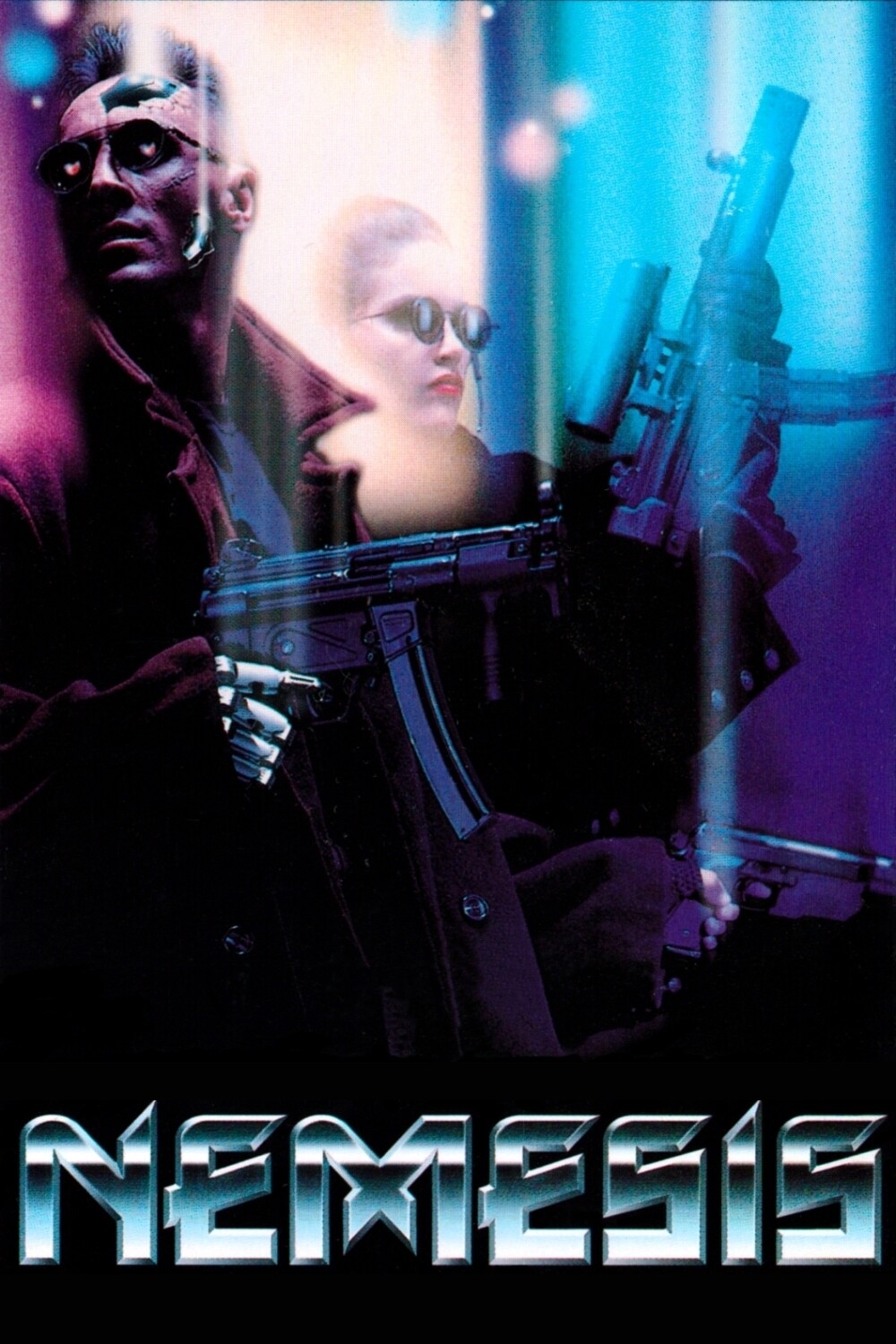
Nemesis - dir. Albert Pyun
Honestly pretty decent vibes but I found the whole experience to be too wooden to finish. I understand the appeal of a B-movie and all that entails but I don’t like gun fights that much and this movie is full of them. Same reason I had a tough time getting into John Woo. I don’t like seeing people shoot guns that much, sorry. This movie held my interest the most when it was just the main guy hanging out in cool settings, once it became a standard neo-noir narrative it lost me.
-
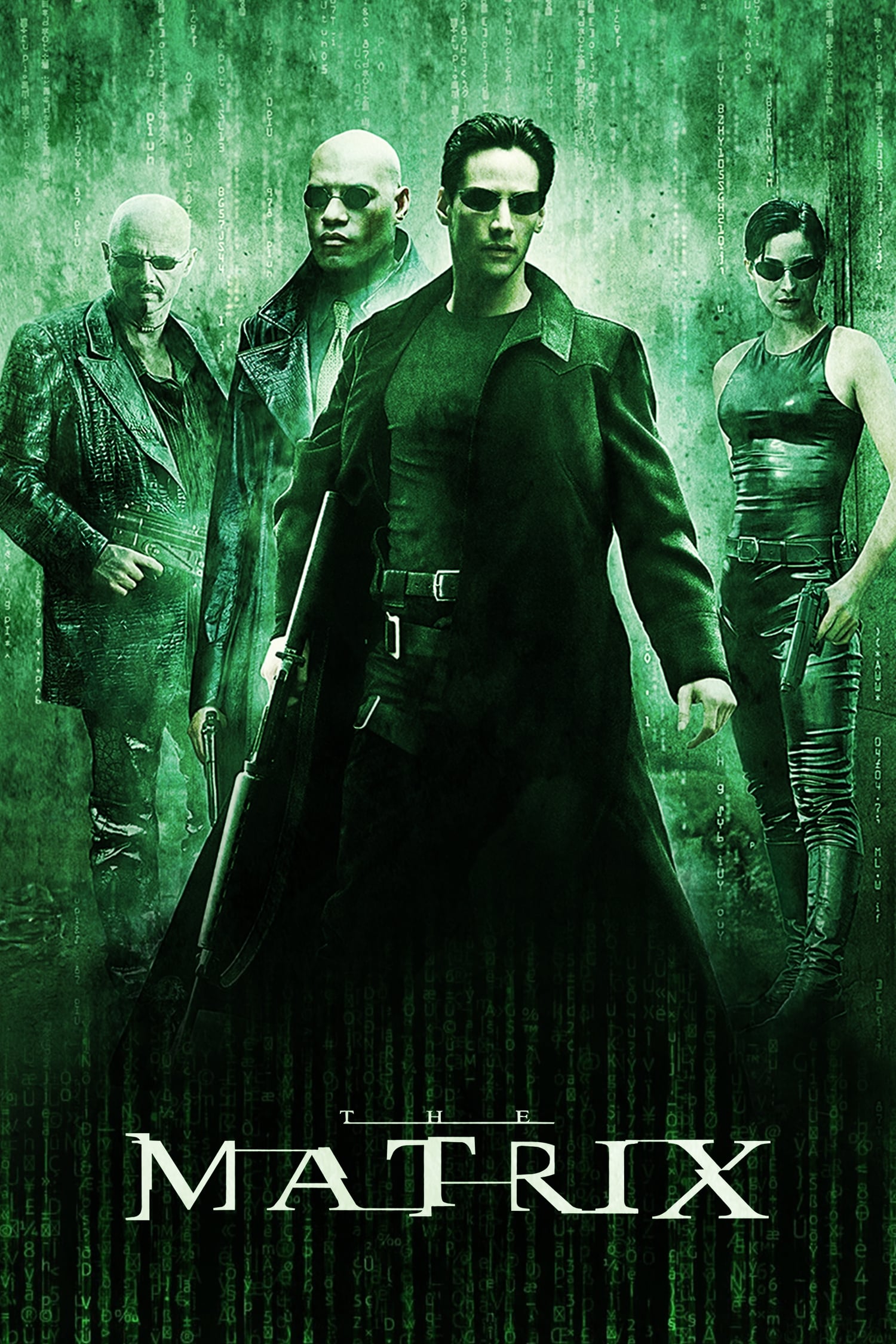
The Matrix - dir. Wachowski Sisters
The first act and third act are worth the hype, the middle section sort of loses me a bit. I know that it has largely been reclaimed as an allegory for the trans experience, and I see that for sure, but to me it feels more apt as a story about capitalism, or at least capitalist realism. How we are born into a world that is carefully curated to make us suffer in the most palatable way possible. 8/10.
-
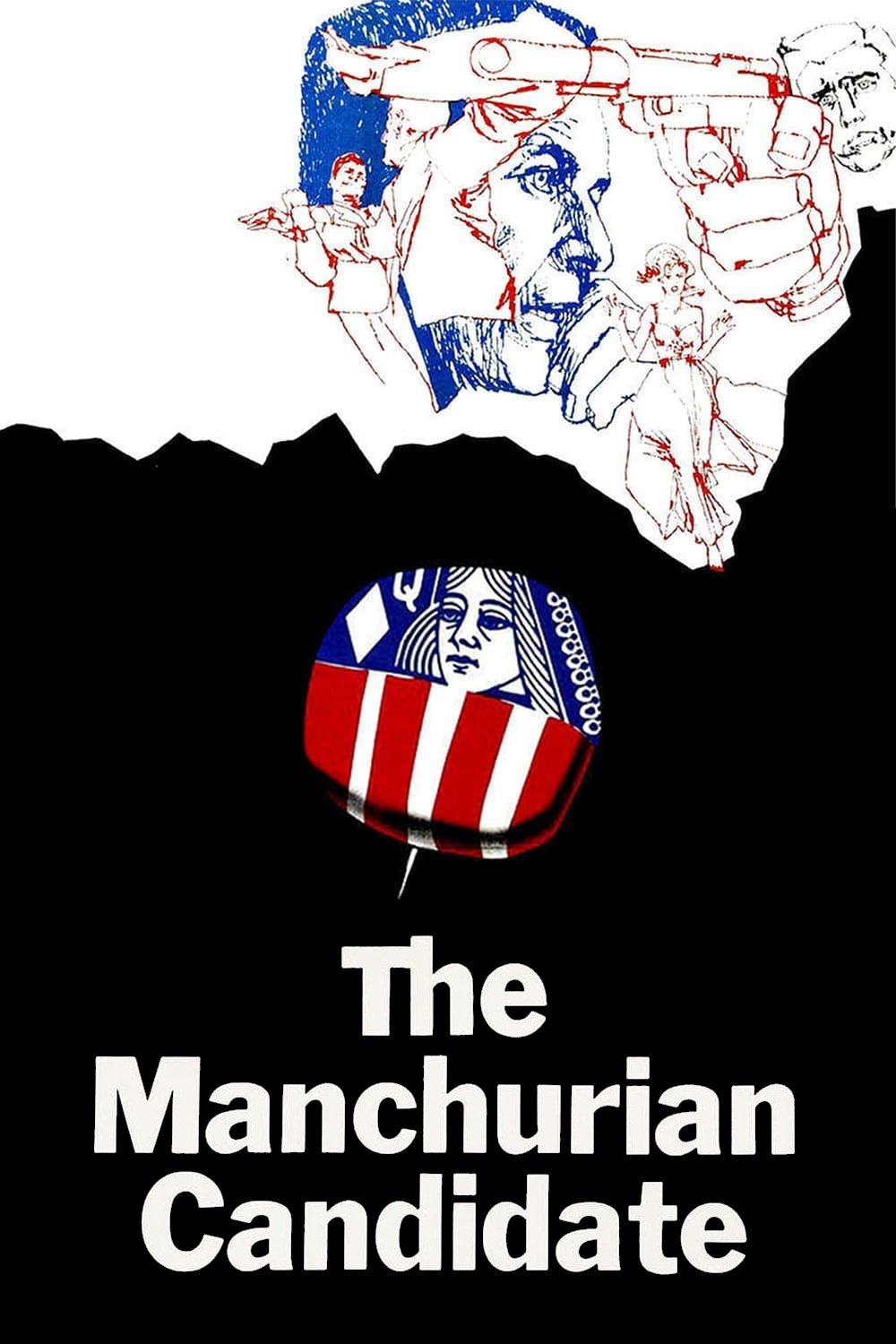
The Manchurian Candidate - dir. John Frankenheimer
Painfully turgid and dry. I might like this on rewatch in a few years but at present I had a tough time sitting through this. Yeesh. 5/10.
-
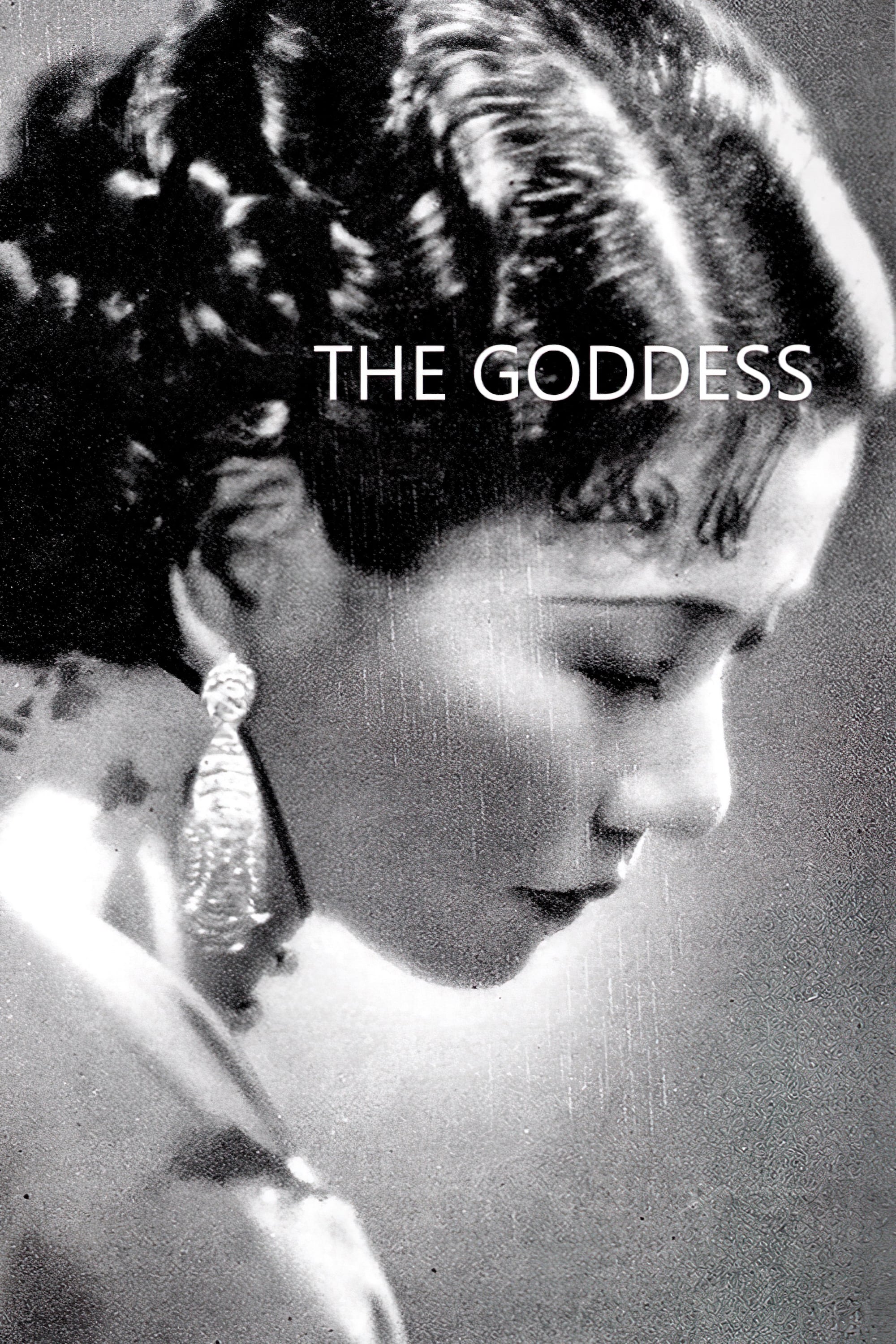
The Goddess - dir. Yonggang Wu
Literally what cinema was made for, nothing more, and nothing less. If I could show someone a movie to get them into silent film it would be this. I never fully “got it” until now. There is so much power in imagining people’s voices instead of hearing them. In hearing the soaring symphony do the talking instead of reverberated conversations.
An absolutely devastating morality tale that I have to imagine must have blown the roof off in the 30’s. So empathic, so indignant, so powerful. Christ what a movie. 10/10.
-
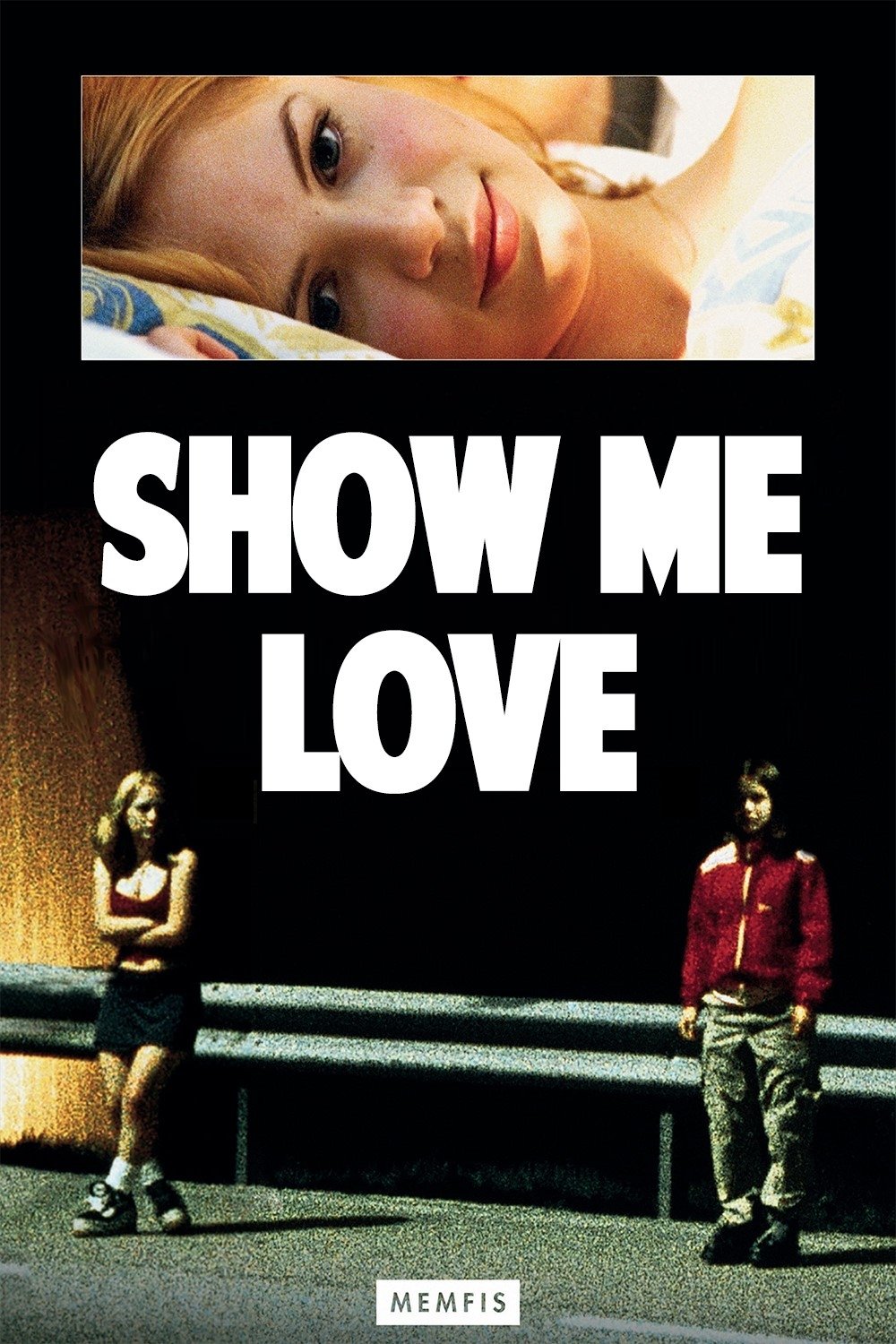
Show Me Love - dir. Lukas Moodysson
So fucking cute oh my god.
This very easily could have been a lot less than it is; I’m a bit too old for angsty adolescent romances but when they are executed well, and when they allow you to feel their chafing emotional touch, they can be very special. This took me back to my teenage yearning. I think Moodysson is very good at interiorizing his prototypical leads.
Big smile on my face at the ending. The car scene had me beaming too. 7/10.
-

36 - dir. Nawapol Thamrongrattanarit
In our modern age can files substitute memory? Is it possible to recreate neurons using databases? Is it a worthwhile endeavor? I don’t think 36 answers any of these questions but it’s a noble, low-budget effort. I’ll always have a soft spot for these kinds of movies. 7/10.
-
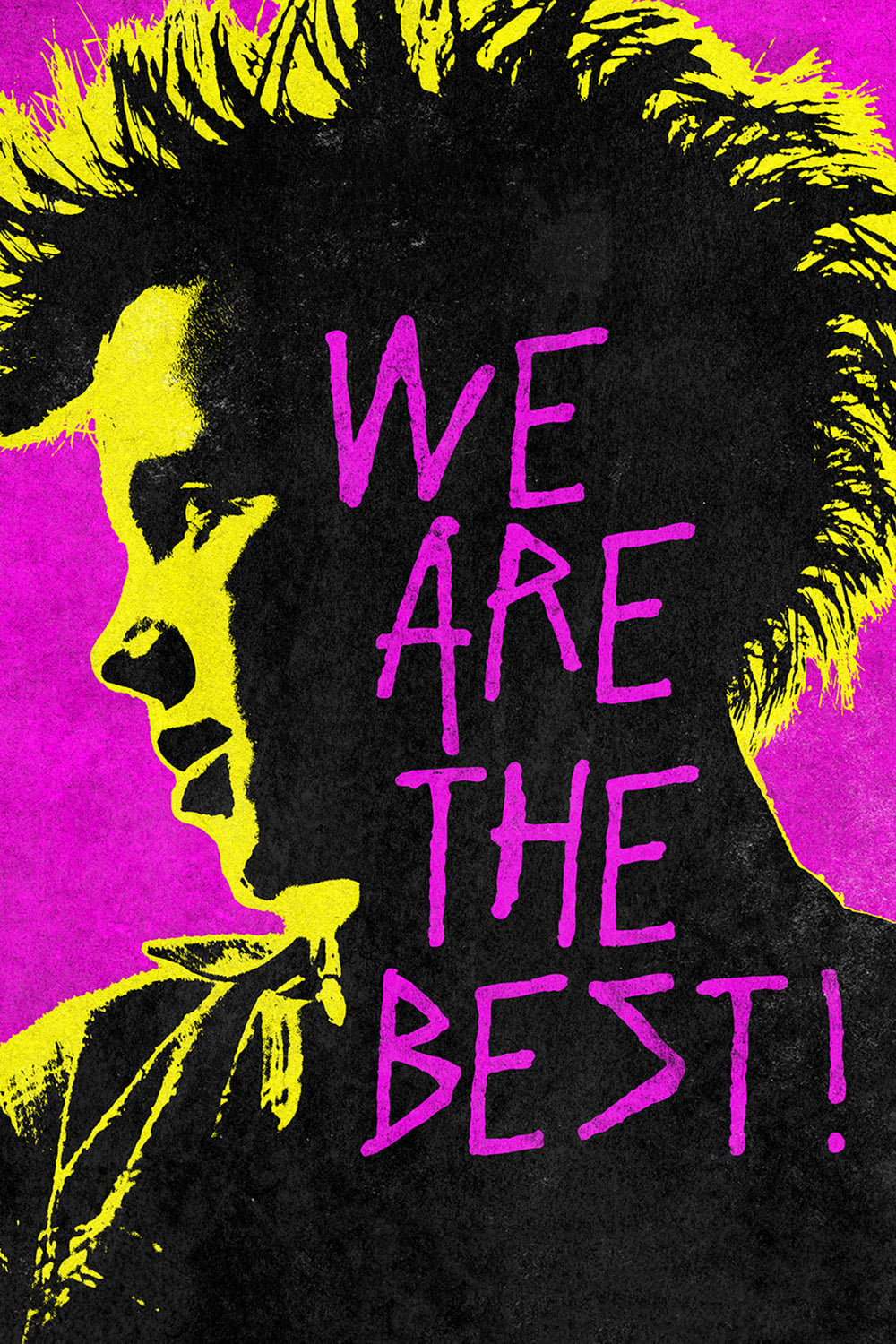
We Are the Best! - dir. Lukas Moodysson
This movie makes an excellent case for punk rock being absolutely toothless as a political movement. No values, no real principles, just empty privileged white posturing from kids who are bored with their Scandinavian utopia and make shitty music to compensate. Moodysson even throws his own characters a bone by giving them a legitimately talented Christian musician so they don’t suck ass the whole movie.
Is this really a love letter to punk or is it secretly an exposé about all the movement’s failings? I think if your fealty to a cause is rooted in wanting to piss your parents and gym teacher off you’re either a child or a moron. Reactionary politics don’t work.
-
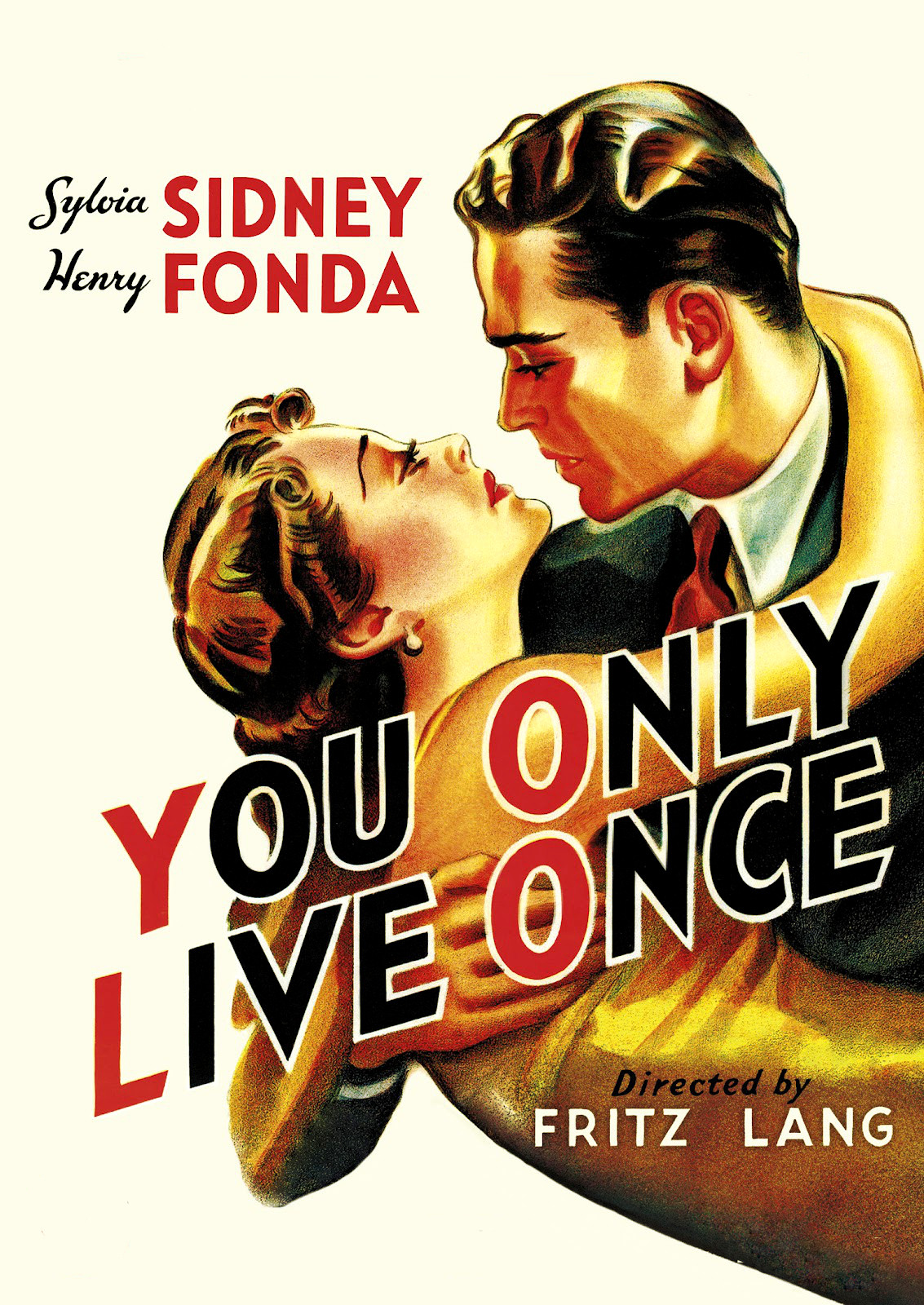
You Only Live Once - dir. Fritz Lang
Henry Fonda looks out the “gates” to see the forest. Tempestuous freedom, bleeding out before it is attained. Contrast the indecipherable morass of leaves and foliage with the geometrically requisitioned shapes of the prison. Try as you might the state’s will is imposed. Society as a vault. If you can’t live up to the rules of civilization you will be violently excised. 8/10.
-

I Can’t Sleep - dir. Claire Denis
The white gaze, the French gaze, the colonial gaze, this has always been a core feature of the Claire Denis film. The mutual understanding that exists between first-worlder and third-worlder that our worlds shall not mix and any mixture is an imposition on the other.
The most dreamlike of any of her films. Or maybe that’s because I could only find it in like 360p on archive.org? Who can say. Her movies all have that airy quality, certainly, where they tumble forth out of murmurs and not obligation, but I Can’t Sleep in particular has a kind of indecisiveness in its priorities. Are we focused on this, or that? Is the murder the key or is the assimilation?
The scene at the drag club is just unbelievable. Like most of the scenes where Denis shoots people dancing it feels like something out of God’s fucking playbook. 7/10.
-
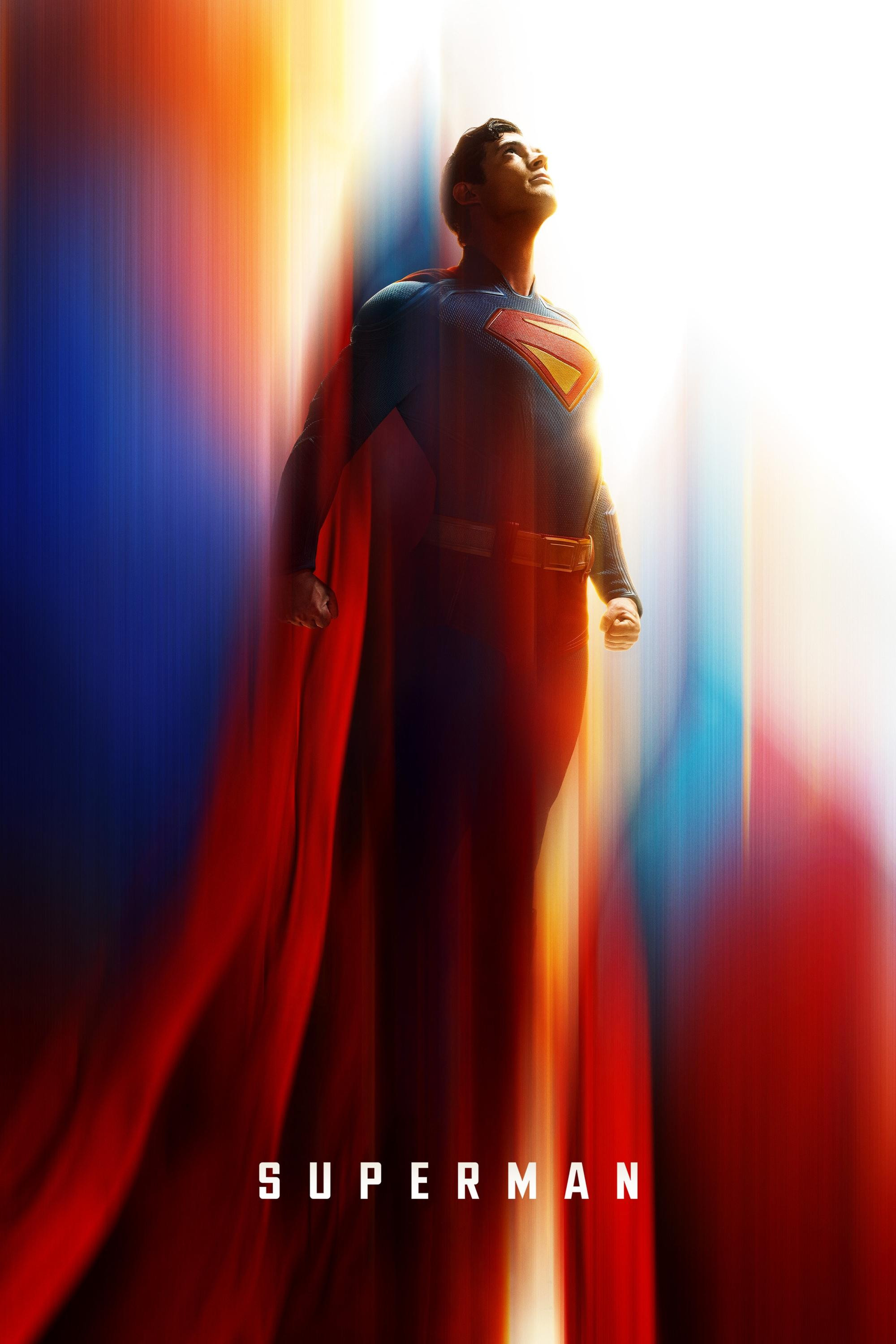
Superman - dir. James Gunn
The result of giving an exhausted media property to an artist instead of a board of directors. Like him or not (and I’m not even a fan of his) James Gunn understands the comic book as an art form. I actually feel semi-excited for the future of DC just on the grounds that maybe they will allow auteurs (or at least strong studio craftsmen) to take the reins again. 7/10.
-
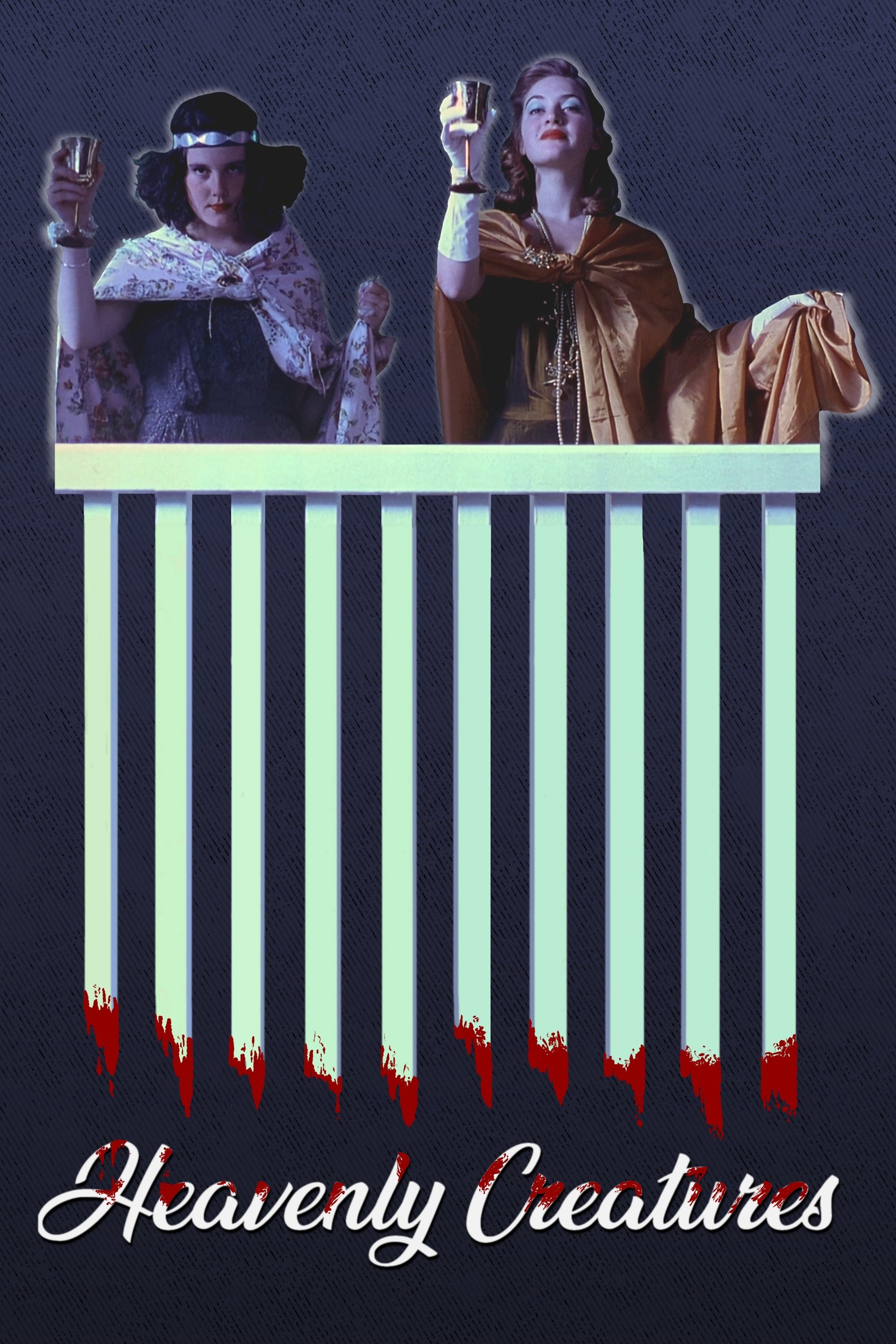
Heavenly Creatures - dir. Peter Jackson
I just know Lord of the Rings is going to be the most boring thing of all time I feel it in my bones
5/10.
-

Brother - dir. Takeshi Kitano
Highly unfortunate to realize that I’m not sure if I love Takeshi Kitano or just Joe Hisaishi. I’m beginning to suspect Hisaishi just elevates all of Kitano’s material because anytime his movies aren’t scored they’re too boring for me to sit through. This is such a vibe, almost feels like a Sonatine transposed onto Los Angeles. 7/10.
-
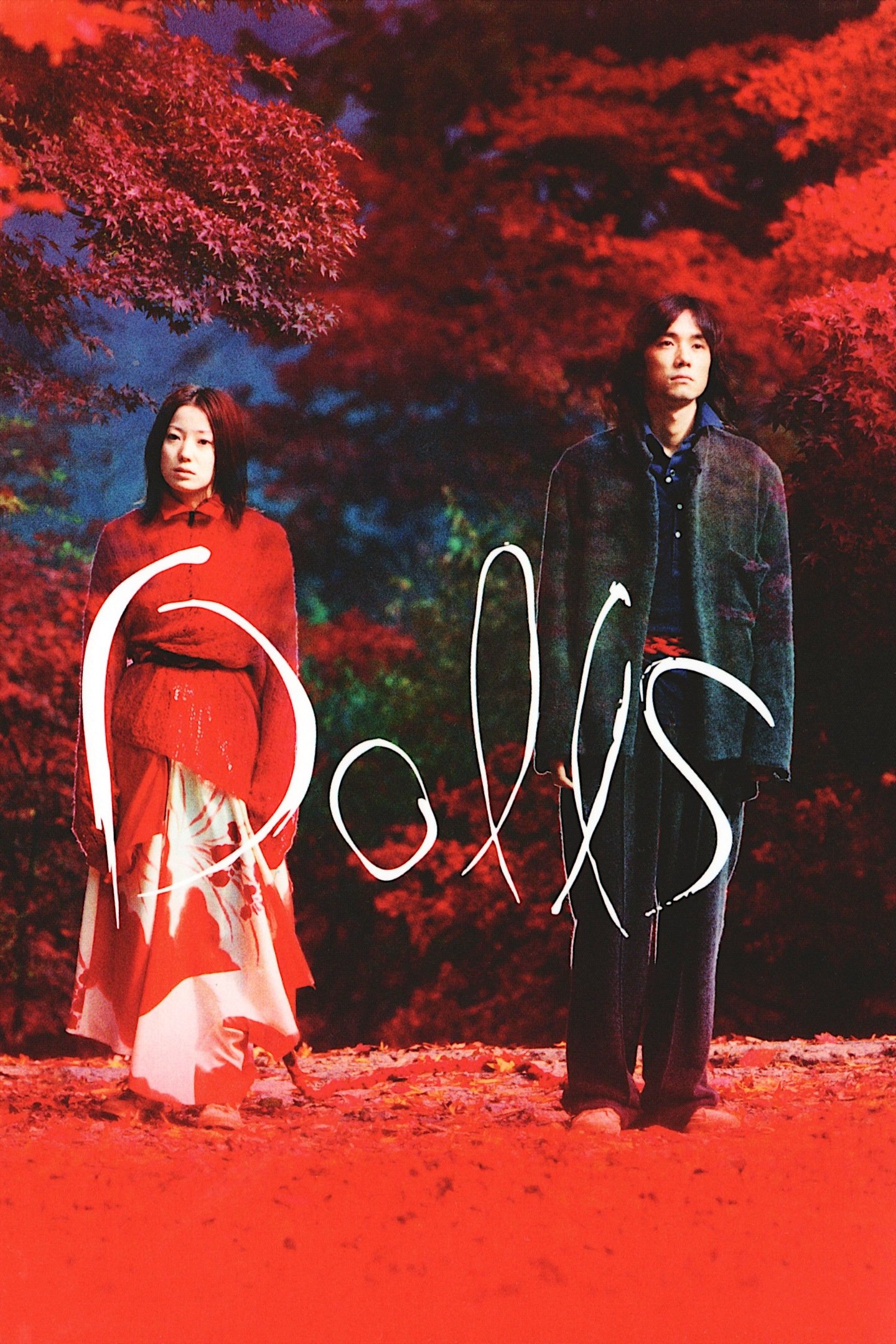
Dolls - dir. Takeshi Kitano
Suuuuuuuper boring unfortunately. Sometimes Kitano just gets too deep in the formalist sauce.
-
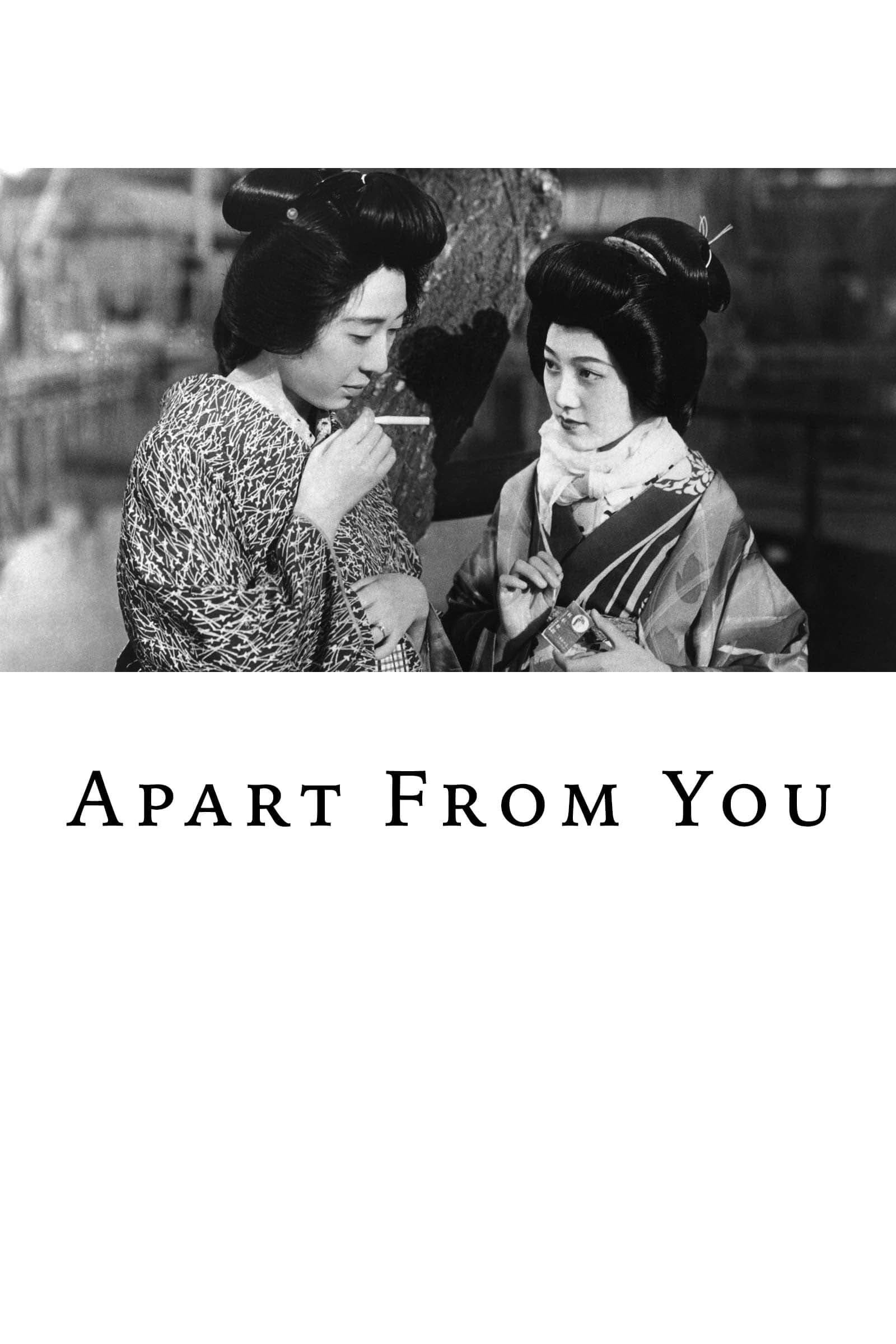
Apart from You - dir. Mikio Naruse
No music at all so I decided to better enjoy and experience the film I would add my own. My selection was a collection of Ryuichi Sakamoto songs I found on youtube. Sakamoto is a heavy lifter so I don’t know how much of my love of this film stemmed from that, but the love was real and I stand by it.
Watching these silent films gives me such a profound sense of loss. I don’t know why but it’s like they record moments in time inaccessible to me. Naruse’s style specifically elicits a strong “blink and you’ll miss it” sensibility, like if you pause for too long to focus on the details the temporality will gobble you up.
There’s something so deeply sad about this movie that I struggle putting into words. It’s embarrassing not to be able to coherently describe it. I’ll link the Sakamoto video I used. 8/10.
-
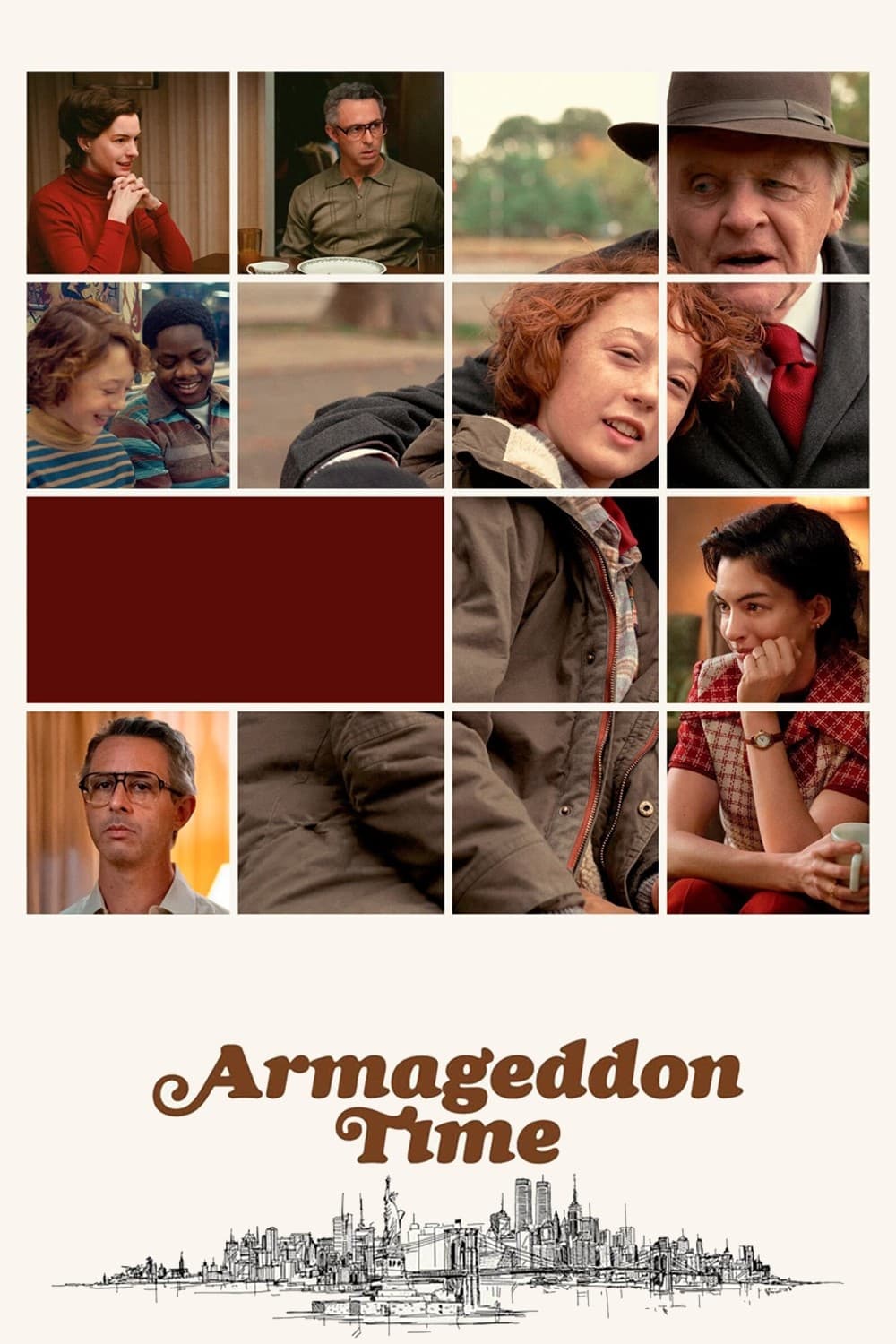
Armageddon Time - dir. James Gray
The Jewish identity held hostage in order to function as a bludgeon against even lower minorities on the totem pole, assimilation as a carrot on a stick. I appreciate Gray’s personal Jewish touch, he understands how much of our value as people is transactional to the greater white population, the highly uncomfortable position we occupy as fringe cases in the white American hegemony. I like that Paul doesn’t get a release in the end, the closest is an imaginary speech from his grandfather which lets him off the hook. Is Gray intentionally or unintentionally prodding at the comforts of liberalism? Tough to say. The ending should feel more apocalyptic but it doesn’t, so I’m unsure how much I buy its defeatism. Is our society doomed because of inequality or is it merely a wave in a greater social pattern? I would have preferred the former, but the ending suggested the latter. 6/10.
-

School in the Crosshairs - dir. Nobuhiko Obayashi
Adolescence at a standstill, pulled between the forces of evil and good. When your movie begins and ends with one of my favorite city pop songs you’d have to seriously fuck up to lose me. And Obayashi comes CLOSE, a few times. I find that he focuses too much on plot when the real joy can be found in the lackadaisical character moments. Hanging out with his teenagers is infinitely better to me than watching them battle alien psychics. 7/10.
-

I Are You, You Am Me - dir. Nobuhiko Obayashi
-
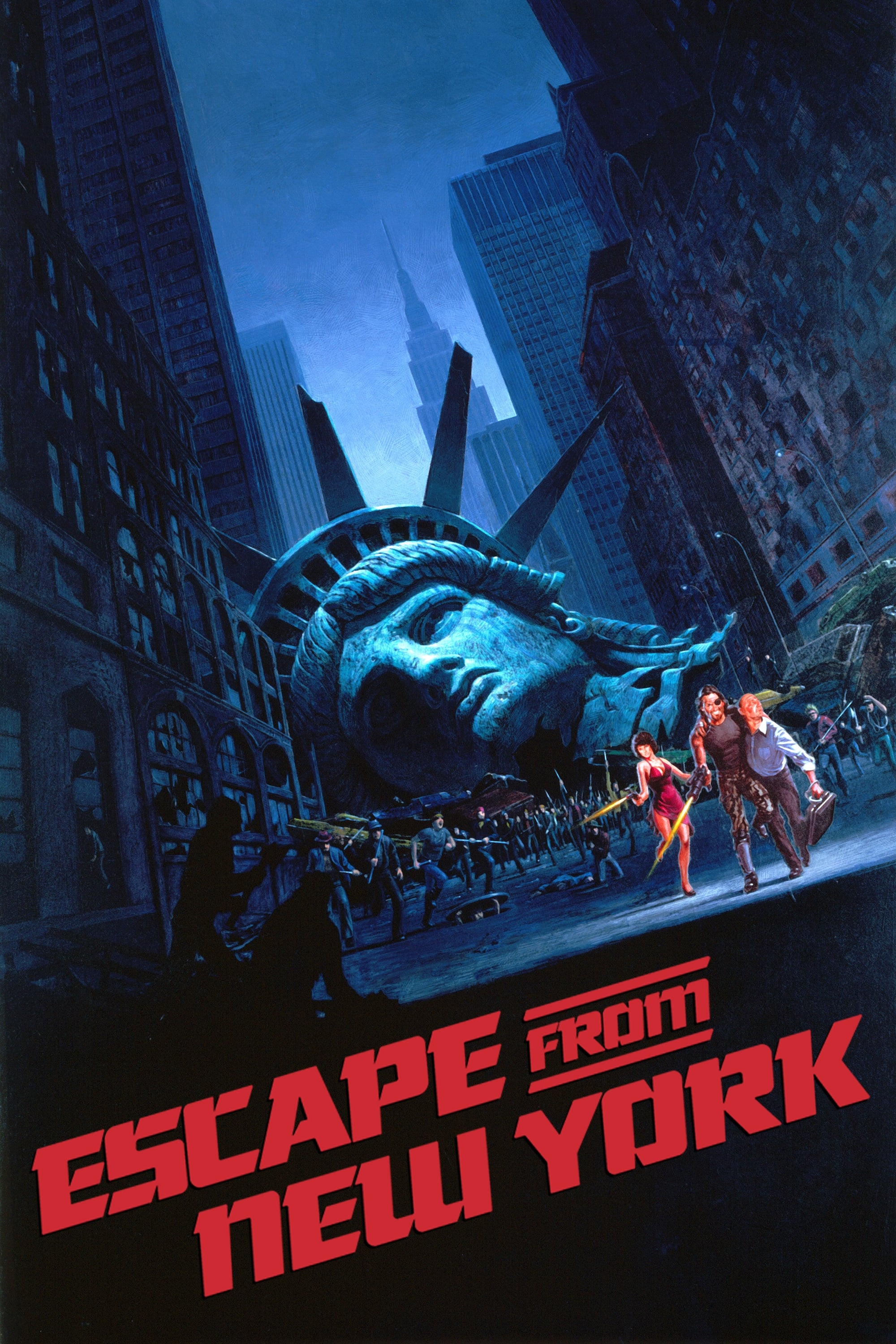
Escape from New York - dir. John Carpenter
John Carpenter loves his arpeggiated synths and so do I.
An exercise in worldbuilding that stretches the suspension of disbelief to its breaking point only to snap back in awe. Carpenter has been hit or miss in my book but this is certifiably a hit, a pitch perfect example of how to create and explore a world.
Lowkey we gotta take inspiration from this movie and launch Bibi Netanyahu into Gaza. Escape from Gaza bitch. Kurt Russell is not coming for your ass brother. 7/10.
-
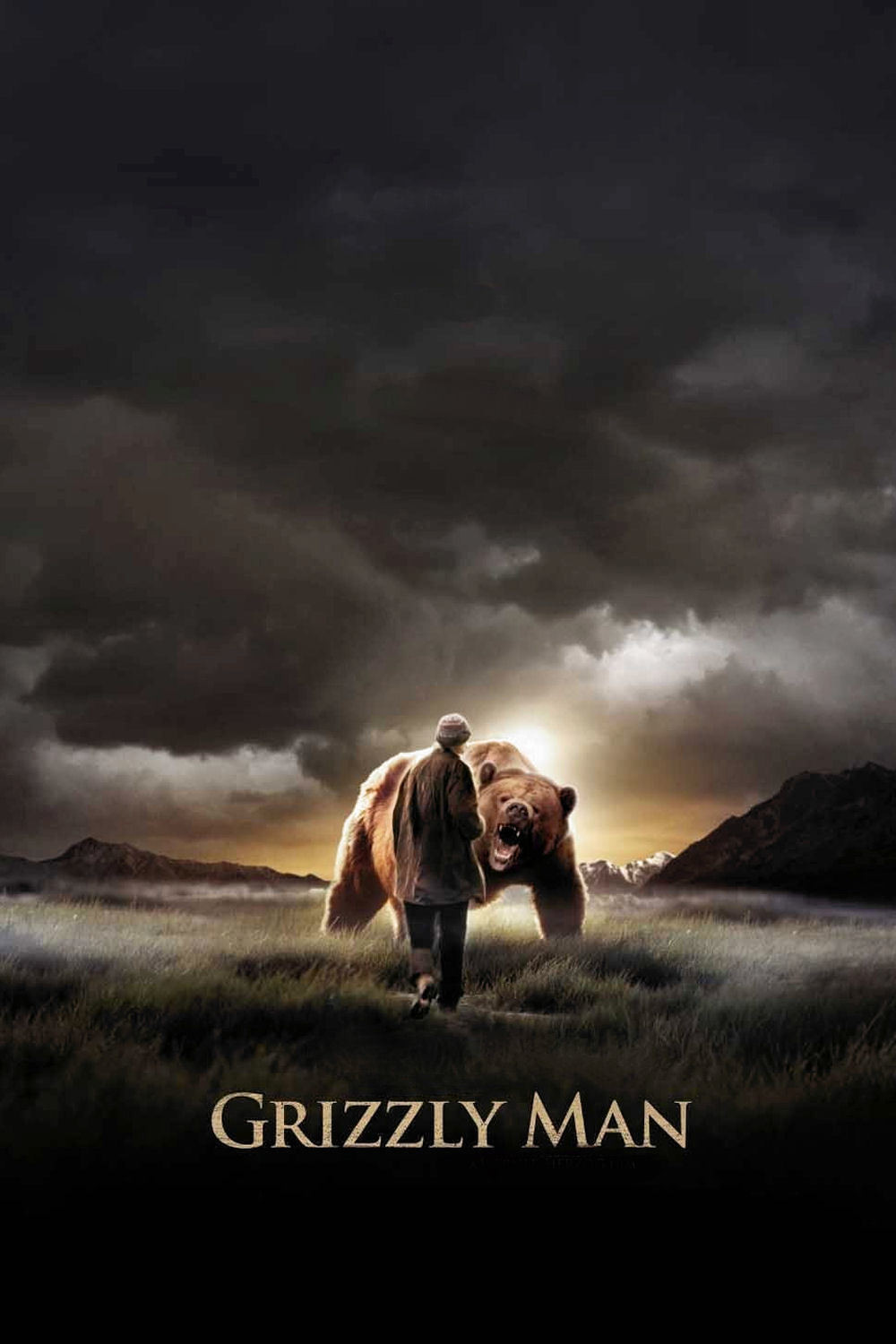
Grizzly Man - dir. Werner Herzog
I don’t know if I have any words. This might be my favorite movie ever made. I saw my soul in this film. I saw myself in Timothy Treadwell. Anger at civilization. Loving nature in all its cruel, misunderstood glory. Wishing to be animal but mourning the end of human primality. We have conquered our own beastly instincts and domesticated our souls, and we can never rejoin the current, for better or for worse. We can never abandon our intellect or our rationale, we can never be bears, we can never act in any way other than our human way and there is something unbelievably sad about this fact, that nature is at once our creator and origin but also this inaccessible realm that we can only spectate. Treadwell was nuts by any definition, but he sincerely believed in his mission, earnestly devoted himself to the chaotic hurricane of the wild. I teared up several times while watching this. I felt not just the pain of one man but the pain of generations.
Well, he cursed all the roads and the oil men And he cursed the automobile Said this is no place for an hombre like I am In this new world of asphalt and steel Then he’d look off some place in the distance At something only he could see He’d say, “All that’s left now of the old days Those damned old coyotes and me
Rest in peace, Timothy Treadwell.
10/10.
-
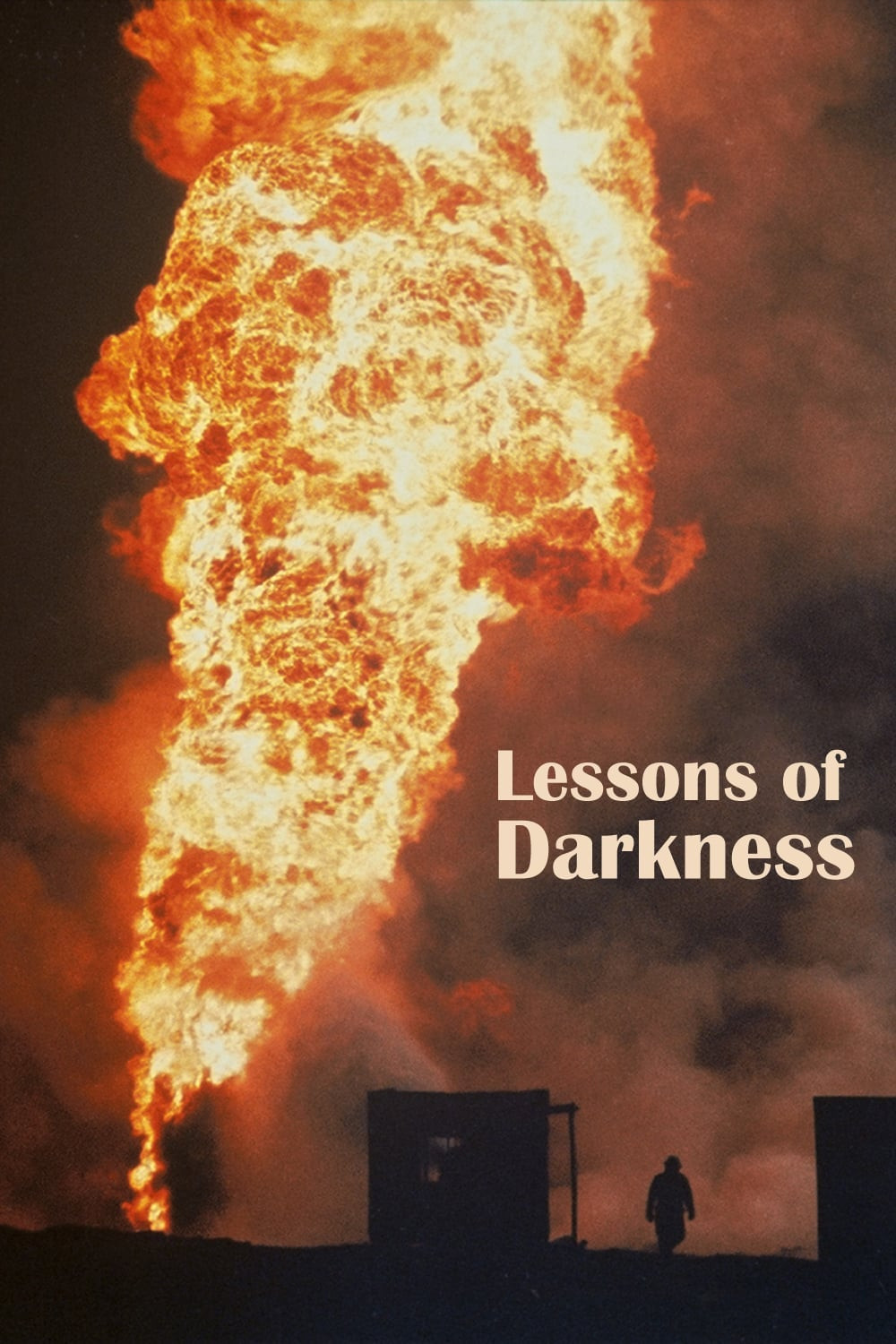
Lessons of Darkness - dir. Werner Herzog
If Werner Herzog were any less sincere he would be utterly insufferable. Luckily, he’s gifted with the innate artistic ability to see poetry in the world around him, and to refract it without sarcasm. I think the framing device of a visiting alien trying to understand humanity through its self-sabotaging madness is quite ingenious. We are our own portents of doom. 8/10.
-

The Fire Within: Requiem for Katia and Maurice Krafft - dir. Werner Herzog
It makes perfect sense that Herzog would be fascinated with the Kraffts as filmmakers/obsessives. Like Timothy Treadwell they took their fixation on the wonder and horror of the natural world to a realm beyond rationality. Here we see nothing more than a continuation of the Treadwell-esque story, the only difference being that the Kraffts had each other, their story was defined by their bond while Treadwell’s was defined by isolation. He felt alienated by humanity and turned to nature as solace, the Kraffts didn’t seem nearly as tortured. Their only mistake was flying too close to the sun, but I think life without volcanoes would have been torturous for them, so I doubt they have any regrets, if we could ask them. 8/10.
-

Suzhou River - dir. Lou Ye
I watched Man with a Movie Camera earlier today (review tomorrow), what a strange coincidence to follow it up with a trip to the American Cinematheque to see ANOTHER film in which the filmmaker becomes a self-inserted viewpoint! All I could think while seeing this film, my own ongoing project still fresh in my mind, was that activating the narrator as a catalyst for the events of the story was a bold move. It made me consider how far formalism could be pushed. What is the breaking point where a film becomes mannered instead of constructed? This goes a step beyond Hou Hsiao-hsen or Wong Kar-wai’s dreamy narrating leads, this is a Kiarostami-esque intrusion on the fabric of the cinematic reality. Artist and art becoming one interwoven twine. 8/10.
-

Waltz with Bashir - dir. Ari Folman
Shooting then crying, the trope. But I also have to wonder what else can you do when you have been inoculated into a culture that makes you culpable for genocide and war? An Israeli filmmaker tries to wash his hands of the blood, what else can he do? Commit seppuku? I don’t know. One of the many tragedies of the Israeli apparatus, besides the genocide, the war, the state of the Middle East as a whole, is the way it has turned Jews into weapons. The trauma we received from the Nazis was molded into a stark recreation of evil. We are now responsible for our own version of the Holocaust. We are now more ideologically similar to Hitler than Anne Frank. 6/10.
-
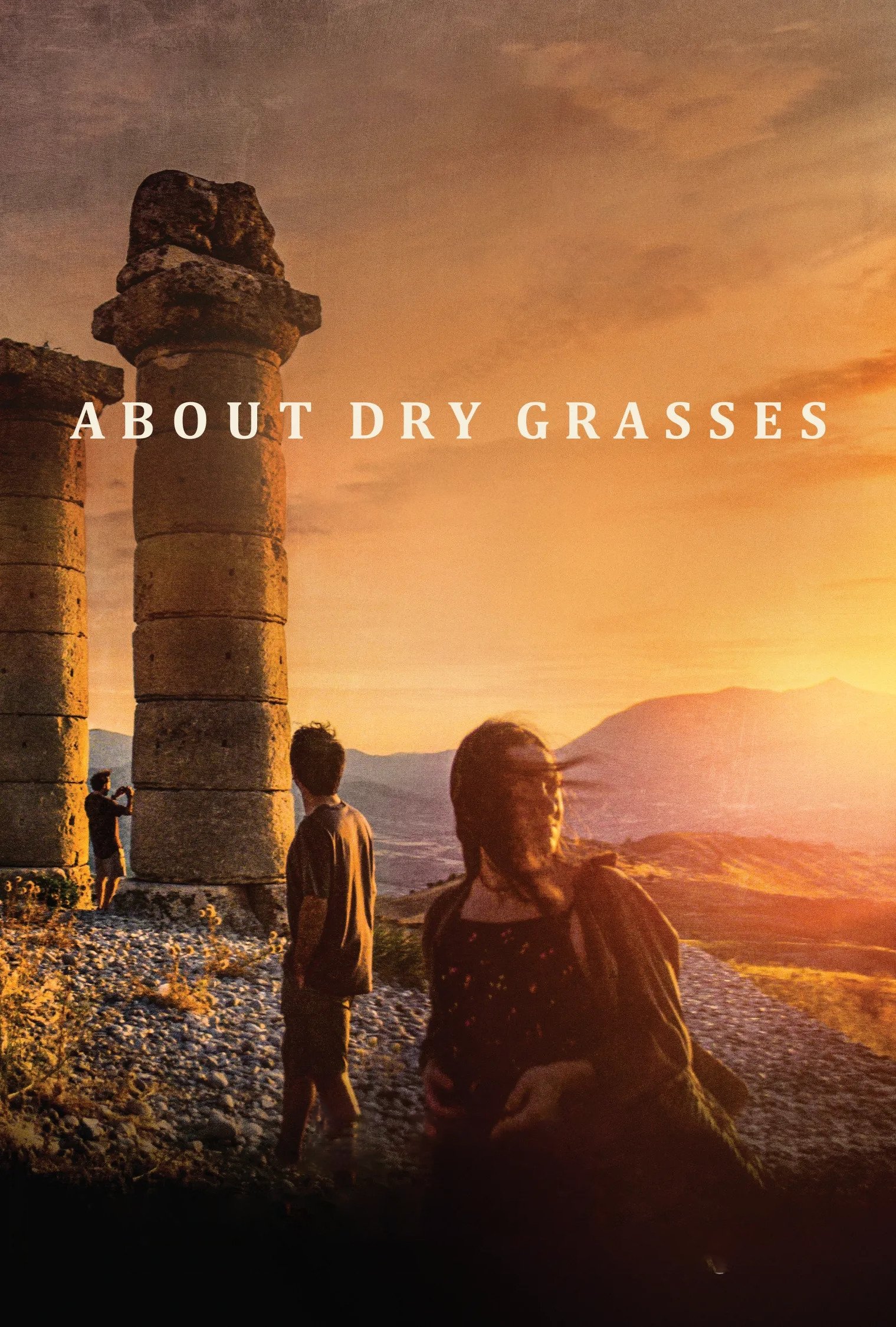
About Dry Grasses - dir. Nuri Bilge Ceylan
The intellectual’s apology. Sobering self-awareness from Samet towards the end after spending close to three hours being the biggest douchebag on planet earth. The entire film there is a barely concealed hatred lying beneath the surface of all Samet’s interactions, even with those he claims to like (Sevim). I think when even she finally says enough is enough it breaks his facade completely and he spends the back half trying to get back at the world for deserting him. Seems like Ceylan is quite good at dissecting over-thought intellectuals who use their own intelligence to dig themselves into misery. Sometimes it’s better to do than to think. 8/10.
-
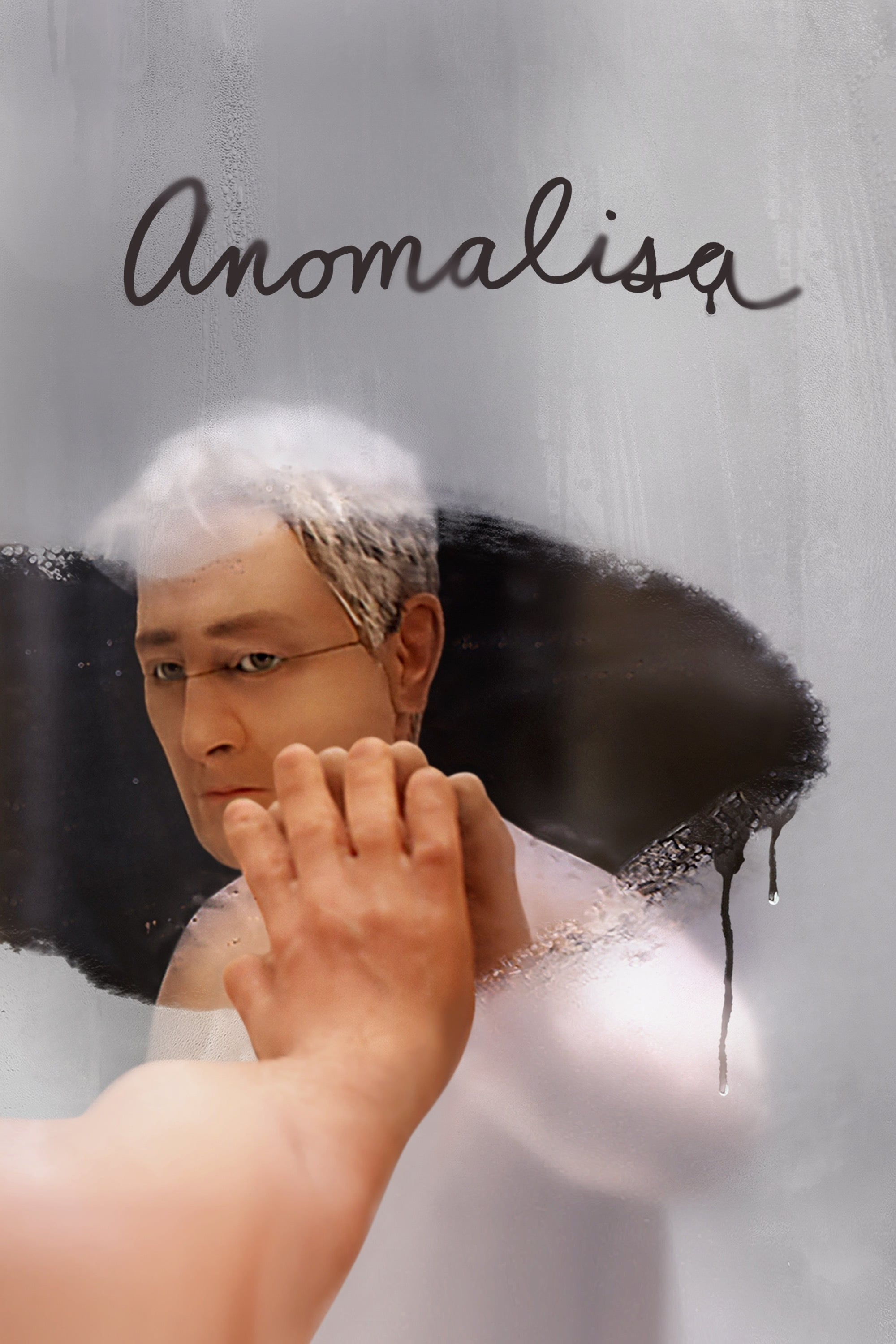
Anomalisa - dir. Charlie Kaufman, Duke Johnson
When I was a teenager I loved Charlie Kaufman, which should tell you everything you need to know.
Enough of this insecure cloying self-centered garbage. Therapy was a mistake. Write a journal. Don’t inflict the rest of the world with your self-pitying misery. I promise you your problems aren’t interesting enough to justify 3 feature films about them.
It’s actually crazy how bad Kaufman is at writing women. I actually can’t name one woman he’s written well. Jessie Buckley in I’m Thinking maybe? I mean she has like no character to speak of but she isn’t totally abhorrent so maybe that counts for something.
Kaufman writing a tender sex scene made me want to gouge my eyes out. I got the opposite of a boner. Lowkey my dick went inside out. Retreated into my esophagus. Terrible, terrible stuff.
If you told me this was written by a 19 year old self-proclaimed male feminist who’d never had sex I would believe you. What’s crazy is that people legitimately think it’s genius high brow art because they think symbolism equates to meaning. If a movie can have video essays made on it explaining all the little details then it must be good, right? No, you see, the mention of “customer service” actually connects to how they’re all wearing masks, because something something human behavior snooooooooore. Give me a fucking break. Make a real movie where real things happen or shut the fuck up. 4/10.
-

Eat Drink Man Woman - dir. Ang Lee
My mom insisted growing up that we eat together, that we keep arguments out of dinner, that we enjoy the food and not taint it with the everyday grief of our lives, not let bitter squabbles come between us and the carefully prepared (or hastily, my mom wasn’t exactly a stickler for diligence) cuisine on the table. I miss my mom’s food so much now that I live alone. You never know how good you have it until you’re on your own, an adult independently moving through the world, signing checks and making down payments. All conflicts with my parents that I have (and there are plenty, believe me) subside when my mom puts a salad in front of my face. Food has never been so beautifully photographed as here, this is a delightful movie with somber, sweet undertones. I want to go to Taiwan so fucking bad. 7/10.
-
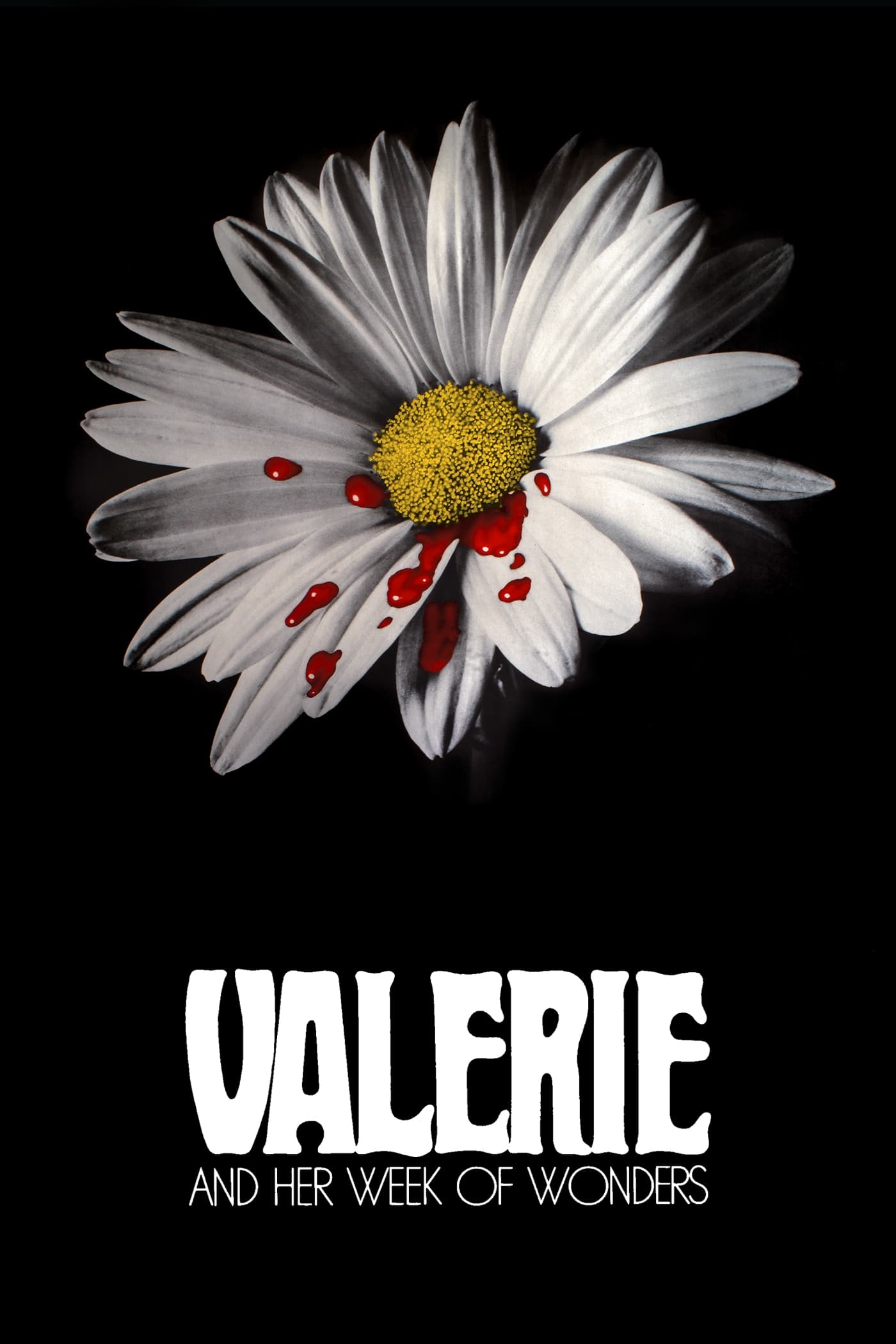
Valerie and Her Week of Wonders - dir. Jaromil Jireš
One of the absolute worst kinds of movie. Uses the veneer of social progressivism to mask an utter lack of humanity. This was one of countless international “new wave” avant-garde films that purported cultural significance but told no story with no love. And on top of that, this film depicts its 13 year old lead actress in numerous sexually compromising situations. For what? To confront patriarchy? Give me a fucking break lmao. Make a real movie with real characters and real scenes and a real heart or shut the fuck up.
-
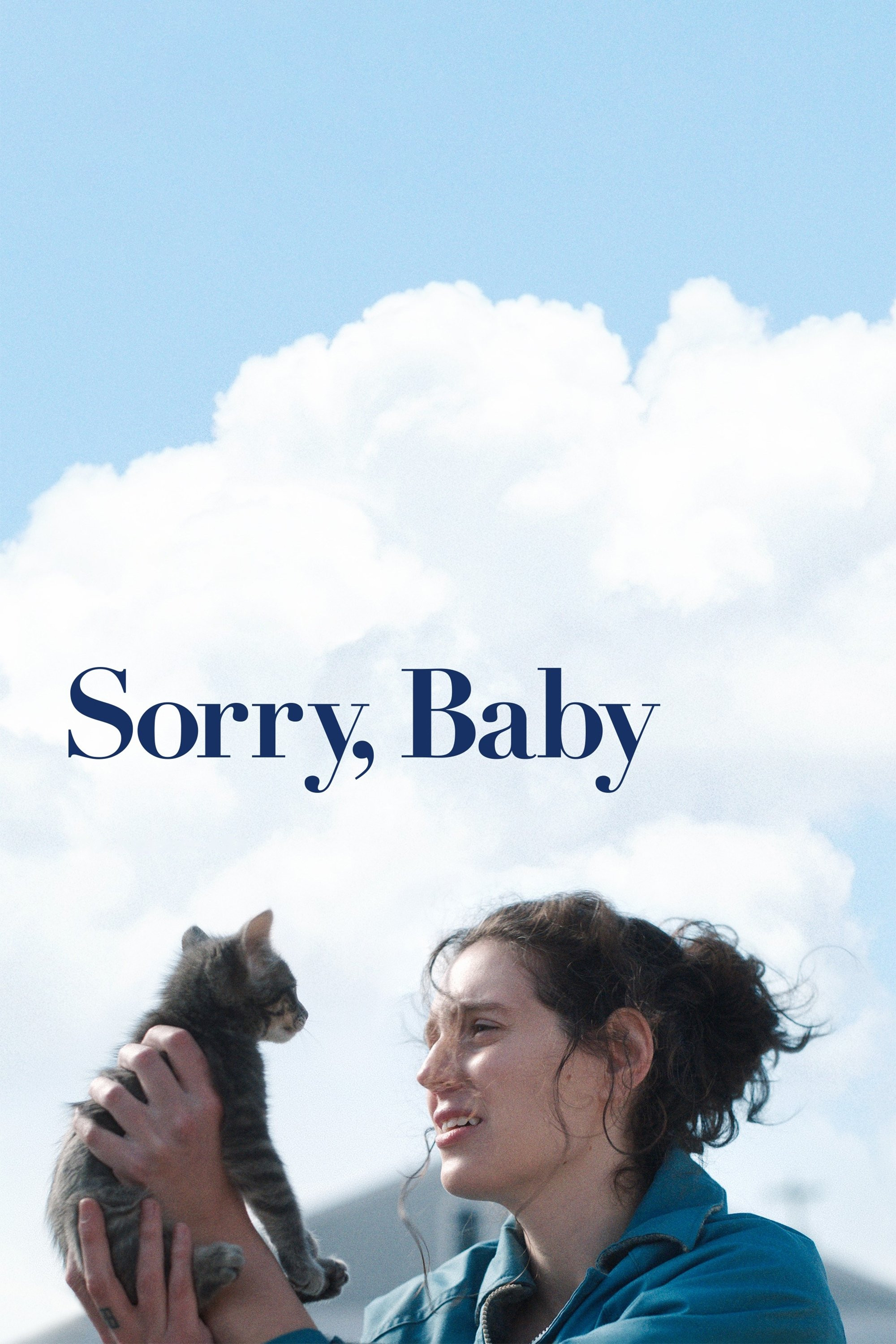
Sorry, Baby - dir. Eva Victor
I didn’t like this movie but it feels totally inappropriate to criticize it as a guy so I won’t go into any detail. I will say I like how Eva Victor frames her shots, I like that her cuts are sparse, I like that she actually knows how to block actors.
-
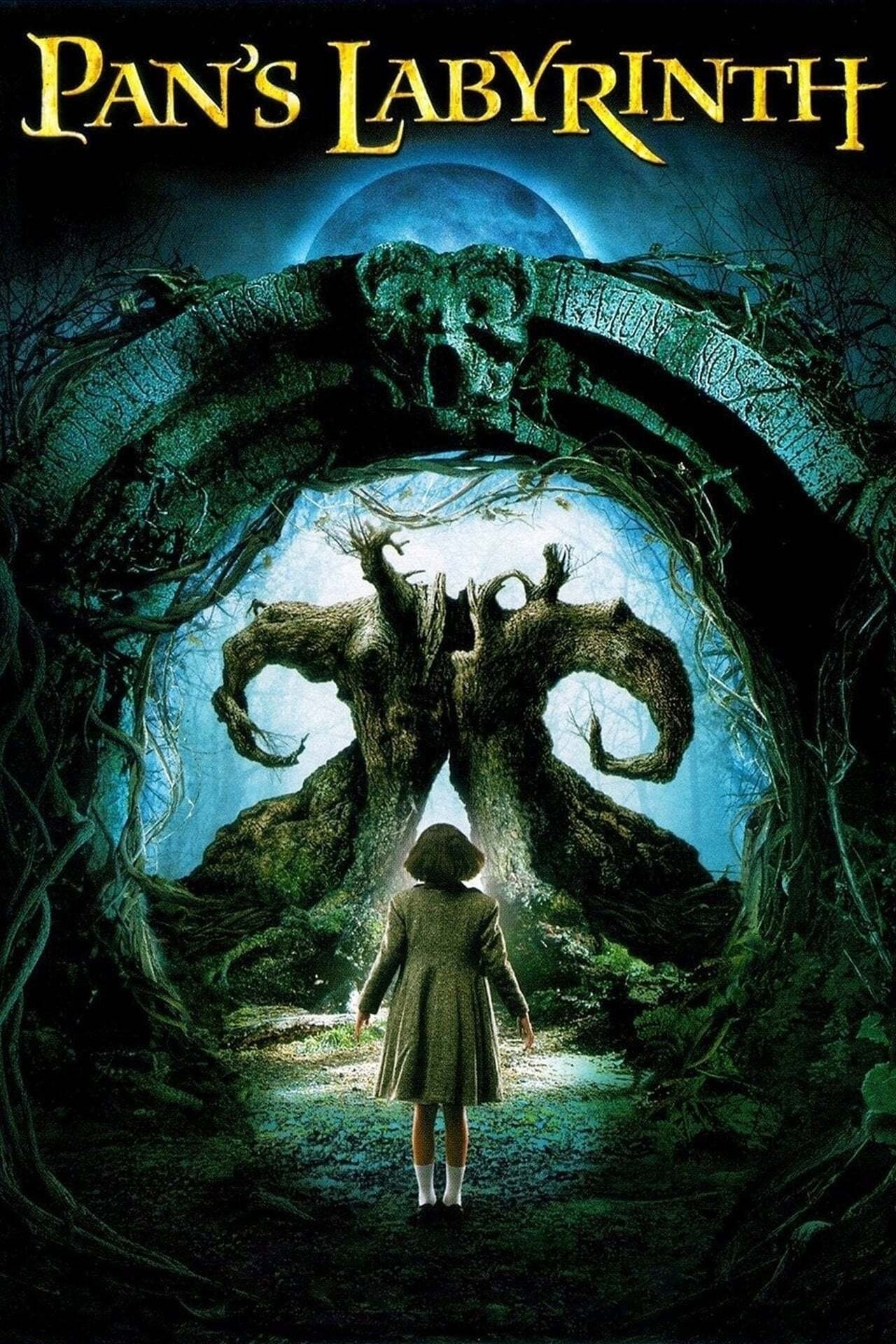
Pan’s Labyrinth - dir. Guillermo del Toro
Technically an accomplished piece of atmospheric fantasy but if you held a gun to my head and forced me to rewatch it there’d be a bullet lodged in my skull by the third act. 5/10.
-

Last Chants for a Slow Dance - dir. Jon Jost
Just fucking miserable. The character study of the lowest common American denominator. A man who believes he is owed something but all he does is take, take, take from the people around him. Probably the realest depiction of the outlaw in a modern setting. The kind of movie that could only exist in the 70s, really. You can detect remnants of Jost’s style all over contemporary indie cinema but nothing hits quite like this. The homegrown feel, the complete abdication of anything resembling a story. All that’s left is watching this misogynistic, good-for-nothing, violent piece of shit stumble through flyover country in a beat up sedan to get away from his emotionally terrorized wife and kids. People will act like our country stands for anything when we’re the wealthiest in the world and still have vast swathes of the third world in our backyard. 7/10.
-

West Side Avenue - dir. Lav Diaz
One of the most Fordian films of all time that didn’t come from America, or Italy. Instead it broaches the topic of immigration through a 21st century lens, the construction and makeup of America as a feudalistic hodgepodge of interrelated economic and cultural interests where minor communities are stitched into the overwhelming fabric of the eminent social presence. It is Fordian in its examination of old country traditions imported into new country economics, vying for supremacy in the marketplace of ideas–and drugs. Shabu is sold as a desperate bid for a sense of Filipino faith. It’s hard not to see this universal story play out across every culture that America imported. The promised land and promised commodity is a trope across all of them.
Fordian not just in ideas but in execution. Diaz intentionally draws our attention over time to the space of the image, the safety and sterility of the “inside”–cars safe from the bitter cold, large emotionally desolate suburban homes. Here is the shot that solidified to me that Diaz was strongly influenced by Ford. The hallucinogenic visions of tropical Philippines contrasted with the freezing cold New Jersey. We have our attention repeatedly drawn to the fact that, when outside, our characters tend to be inside cars. Diaz places us outside the interiority of the vehicles to emphasize their safety, but over the course of the film the illusion of security erodes as social forces break past the boundary of exterior-interior. Bodies pile up inside meth dens, the filmmaker sneaks into a crime scene to capture footage, and then finally we get this earth-shattering revelation about our main character, Johnny, who reveals that his own exterior self is a masquerade for who he really is–a counter-cultural agent who went to the United States to ply his trade and literally change his face, in order to return home and act as a bonafide representative of American imperialism. His job was to infiltrate social movements and destroy them. And no less, he confesses this dark truth to an amateur filmmaker whose only tool of interrogation is celluloid and silence. The act of image-making itself a form of crossing the boundary between exterior to interior. Face versus soul.
Besides being the final nail in the coffin for Johnny’s tenuous connection to humanity, the confession highlights Diaz’s all-seeing eye for sociological conditions and outcomes. No, it is not so simple as “drug dealers poison the community.” It is not so easy to trace the source of the toxin. In fact, those enforcing the law, those acting at the behest of authority, can be just as capable of pumping poison into their very homes. The reason West Side Avenue is so bleak, and so devastating to watch unfold, the reason we scream at the screen watching Hanzel descend further and further into the shabu-spiral, is because Diaz imbues us through his filmmaking with the understanding that society constructs itself on minute choices that we make day to day to day. It is both an imposition on those choices and a response to them. 9/10.
-

Once Upon a Time in Anatolia - dir. Nuri Bilge Ceylan
It’s like if you took the most boring Michael Haneke film and padded it out ad nauseam without any action to break up the monotony. I loved Satantango, I really have no issue with length or slow pace, what I do have issue with is intentional, provocative boredom. It is one thing to drown your audience in the destitution of peasant life, as Bela Tarr is wont to do. It is another to peel back layers of character until only the rotten core is left, as Lav Diaz (and superior Ceylan pictures) excel at–it is another to weaponize monotony as a torture device against your poor audience. All it amounts to is a finger wag from the filmmaker, an immature wave of the hand that says “I wasted your time… and that’s what this movie is about.” Alright, man, that’s cool, I guess, but I still think movies should… well, I dunno… DO something.
I said this a few days ago to unfairly disparage Angelopoulos… but in this film it really feels as if Ceylan is taking all the wrong lessons from Tarkovsky. The slow cinema masters were patient, not sadistic. 5/10.
-

Bringing Up Baby - dir. Howard Hawks
Electric comedic vehicle that mostly had me thinking two things over and over again: one, that I could fit into the Cary Grant casting archetype and I should lean more into that, and two, that Katherine Hepburn is one of the most beautiful women ever (second to my girlfriend). This movie was so charming. I want to watch more Hawks. Having seen a bunch of movies from the 30’s it’s become one of my favorite decades of cinema. Up there with the 70s, 50s, and 90s. Odd decades man. Something in the water. 8/10.
-
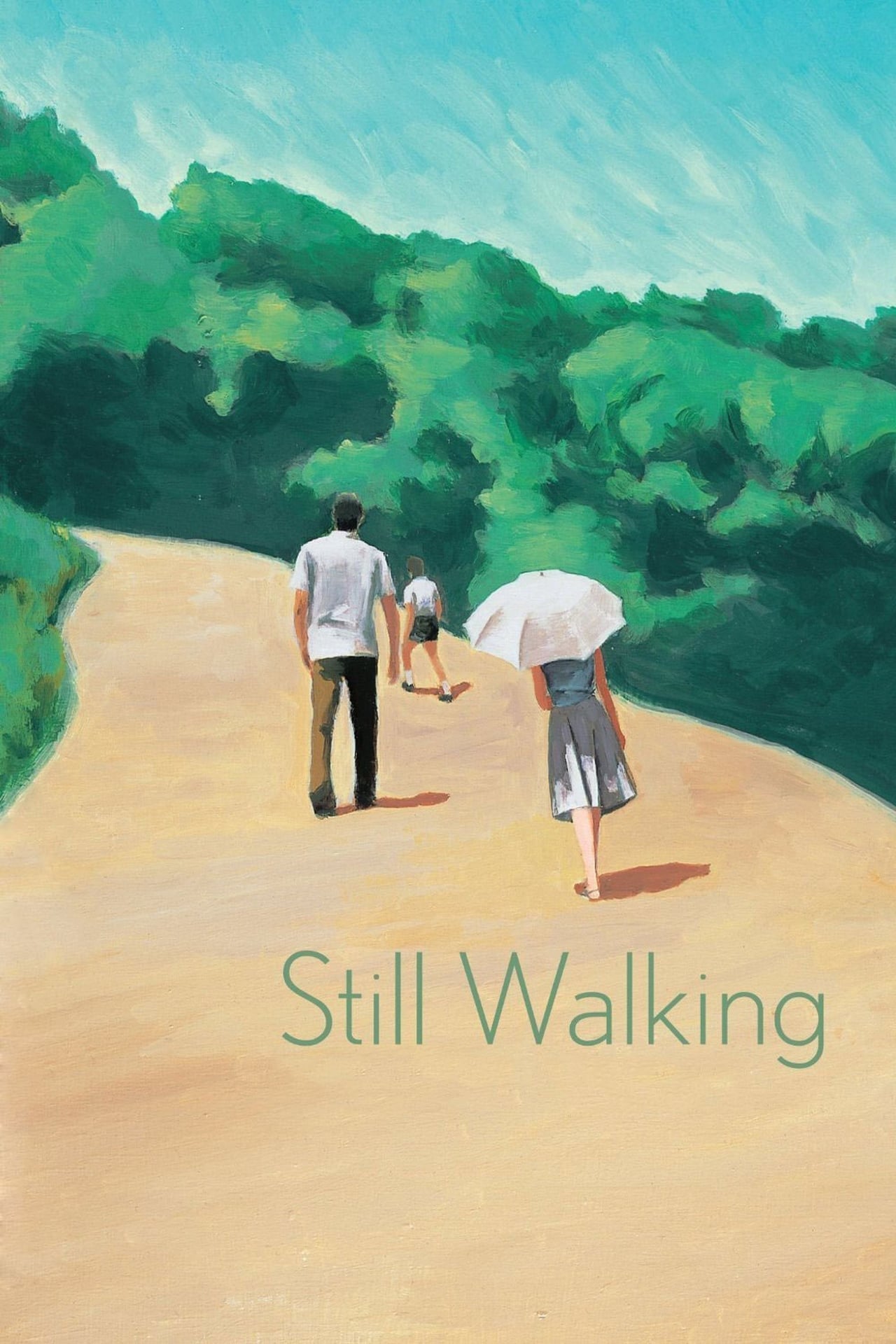
Still Walking - dir. Hirokazu Kore-eda
Comparisons to Tokyo Story put us at an adequate beginner’s line–I will lengthen this train of thought and add The Funeral by Juzo Itami as a point of reference for this film. Like Tokyo Story it is about generational tension. Like The Funeral it provokes chafing reflexive agitation about the internal dynamics of Japanese culture and norms. It’s not a comedy of manners… it’s a drama of manners.
Where the more conservative Ozu saw the opportunity for the old to guide the young, for the kids to learn to appreciate the grandparents for the obsolete ways, Kore-eda sees the old as cantankerous, vindictive shits who hold everyone back with their own shortsighted cruelty. It’s easy to see this theme across his work. Monster dealt with adults’ catastrophic misunderstanding of children, Nobody Knows and Shoplifters dealt with children abandoned by adult society at whole and left to fend for themselves. I am not sure why people call Still Walking a relaxing movie, or Hirokazu Kore-eda a “soothing” filmmaker, because his films are absolutely rife with tension and agitation. I think if his films were in English it would be easier to see this. Perhaps it’s because he isn’t aesthetically driven towards drama. None of his films feel plotted, so he allows the audience to watch the dynamic unfold unhurriedly. Nevertheless I was still never at ease watching this movie.
Unlike Tokyo Story, which sentimentalizes the role of the elderly in modern Japan, it’s clear Kore-eda harbors resentment for Japanese tradition in a way that I find refreshing, even if I prefer Tokyo Story as a film. At no point did I find the grandparents likable, and even by the end Kore-eda twists the knife one final time with an ironic cut between Toshiko, walking up a hill, saying “We’ll see them for New Year’s,” and then Ryo, with his non-traditional family, going “now we don’t have to see them for New Year’s”. The tragedy is not that he doesn’t appreciate his parents enough, the tragedy is that by being repugnant people, his parents have forfeited a loving relationship with their son and his family. The older generation with their rigid tradition have lost the mandate of the children, and I think in Kore-eda’s perspective, this is probably for the best. 7/10.
-

Landscape in the Mist - dir. Theo Angelopoulos
This is usually 100% my thing but for some reason it didn’t click. Might’ve been on me cuz my mental wasn’t too good today. I also kinda think Angelopoulos is a bit of a budget Tarkovsky. 6/10.
-
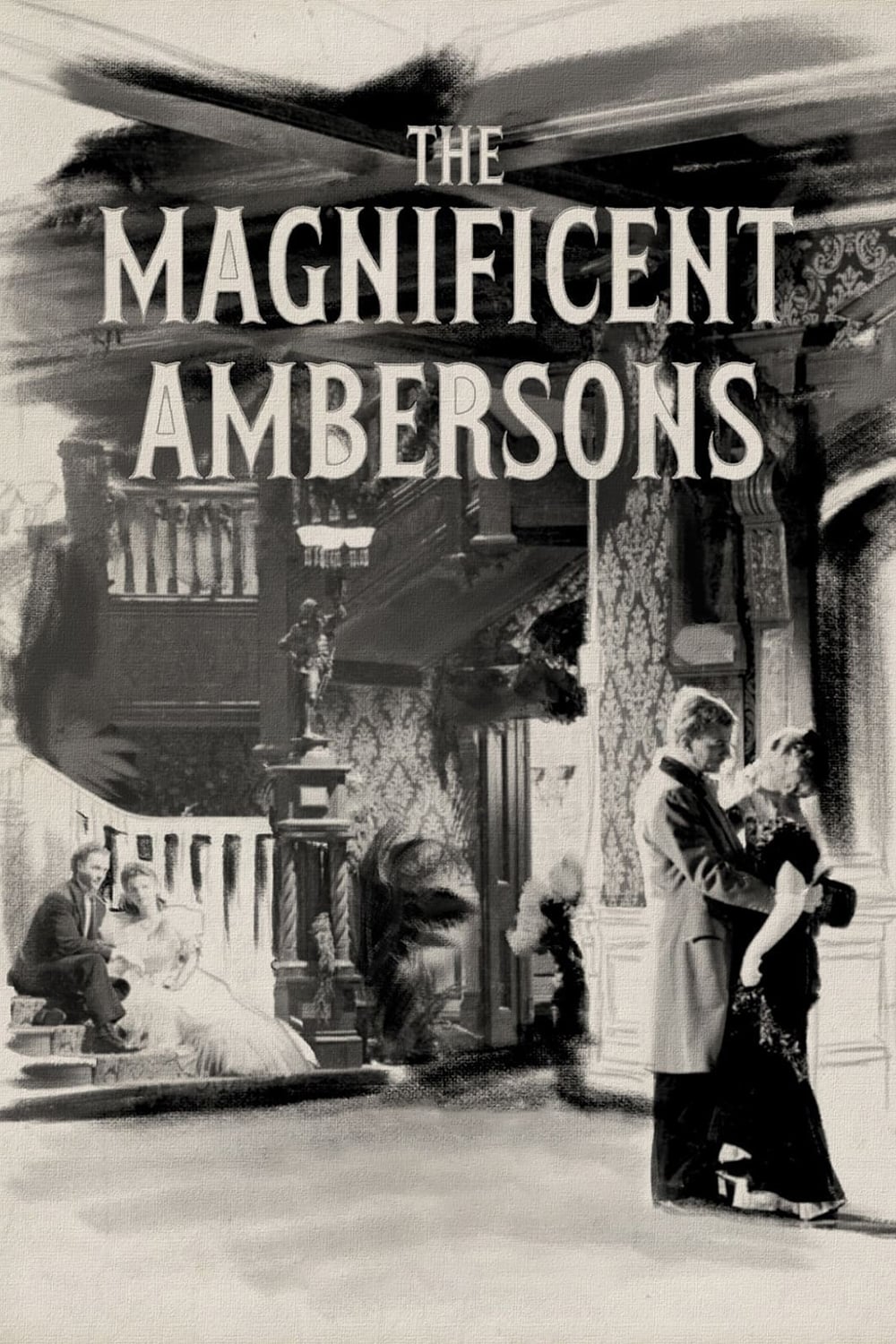
The Magnificent Ambersons - dir. Orson Welles
I find Joseph Cotten as charismatic as a wet dish rag in all of his roles. Totally boring as a screen presence.
That said, I again notice a kind of Antonioni-esque tragic glamor to Welles’ proceedings. He’s trying to thread the needle of the aristocracy. It is a bewildering sight to behold, feels so much less one-sided than Citizen Kane (which isn’t necessarily a good thing). The story of a family will inherently be different than a character study, far more ambitious.
A little embarrassing that my favorite Welles is still Kane, but alas. 7/10.
-

Cold War - dir. Paweł Pawlikowski
The temporal exceptions to death in the expression of divinely tuned love. Tapping the piano keys to summon the dead. I bridge the gap by stroking her left temple and whispering hymns dedicated to the souls lost in the tides of history. Buried under layers of sediment and silt.
We are frozen by the image eternally, until the image itself is blanched by the circumsolar navigation of the earth, until the earth itself is a minute casualty in the all-too-eventual supernova. But the touch is left, even as death takes its toll, even as follicles remedy themselves of the hair and the fingernails erode from the fossilized hands, the hands that are interlocked for the animals to inherit.
Polish is such a beautiful language. It seems nobody really talks about it so I will.
-

Moonfleet - dir. Fritz Lang
The sustained crescendo of skullduggery undergirded by innocence, a buddy adventure romp with a seriously close relationship to death. Uncomfortably often will little John Mohune be at a hair’s breadth away from death at the hands of the scoundrels his now deceased mother has sent him towards. How much the pall of death hangs over the kid–as an auteurist, to a fault, I try to make connections to M, the other Lang picture I’ve seen–and if you look at it as a study on innocence and criminality, or better yet the curtain of brutality that hangs over children’s lives (little as much as the death of a parent separates them from the graveyard to the cradle) it makes a lot of sense. But ignoring all of this twice-removed directorial analysis, Moonfleet is simply a spectacle of form and shape and character. I loved every minute of it, and I wish it was longer, I would have happily spent another hour with John Mohune and Jeremy Fox. 9/10.
-

Stagecoach - dir. John Ford
The Apache as depicted by Ford here are savages, but they are at least honest savages. Still a pernicious trope, mind you, yet still a step above the outright hateful bigotry of its time period. In contrast, the locals at the destination of Lordsburg are deceitful savages, dressed up in pageantry and “civilization” to mask their violence in the garb of civility. Adventure awaits outside, it bonds the disparate whites in a veil of unity. As soon as they arrive, they splinter. The sedentary breeds division. 7/10.
-
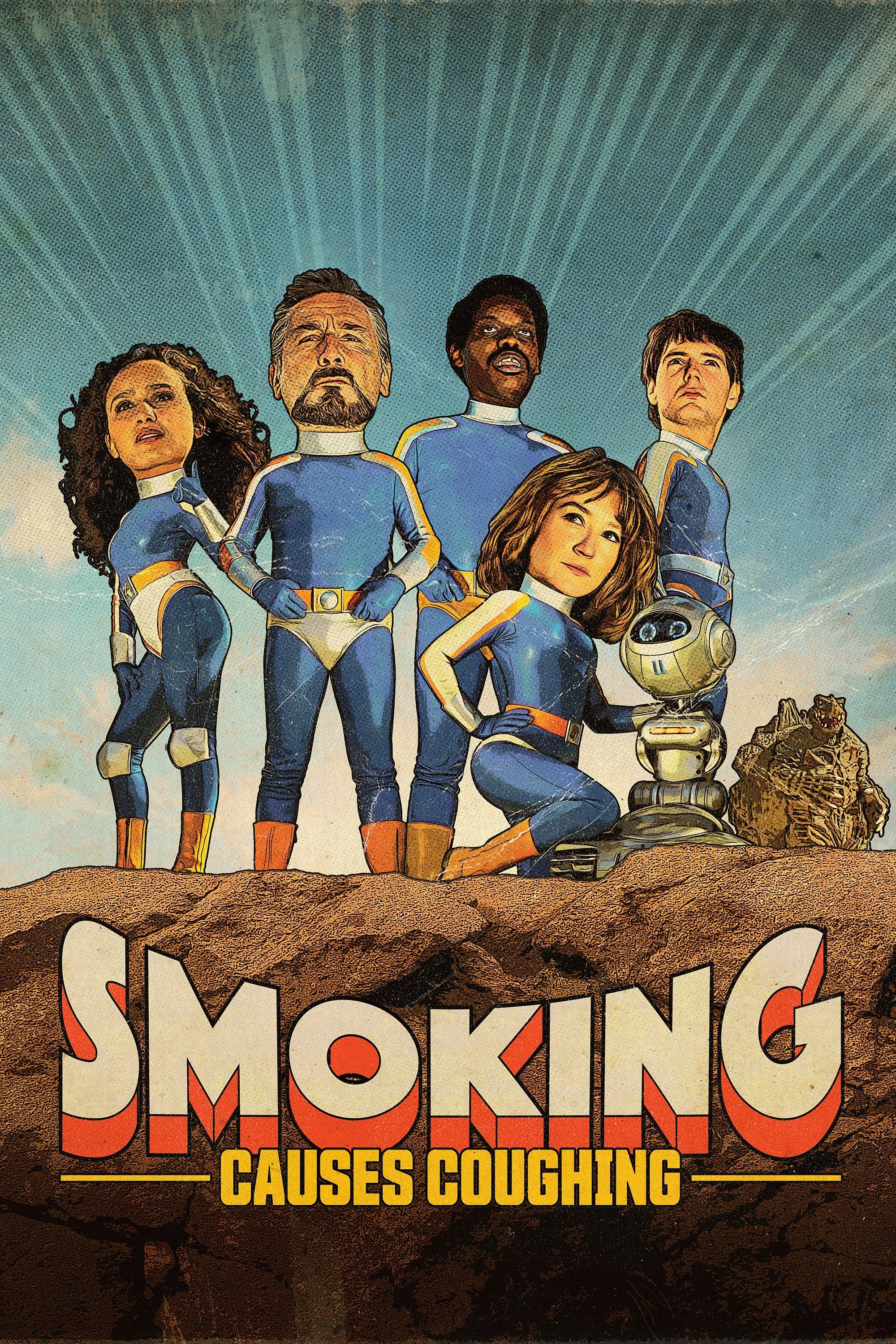
Smoking Causes Coughing - dir. Quentin Dupieux
I’ve decided I don’t like Quentin Dupieaux that much.
-
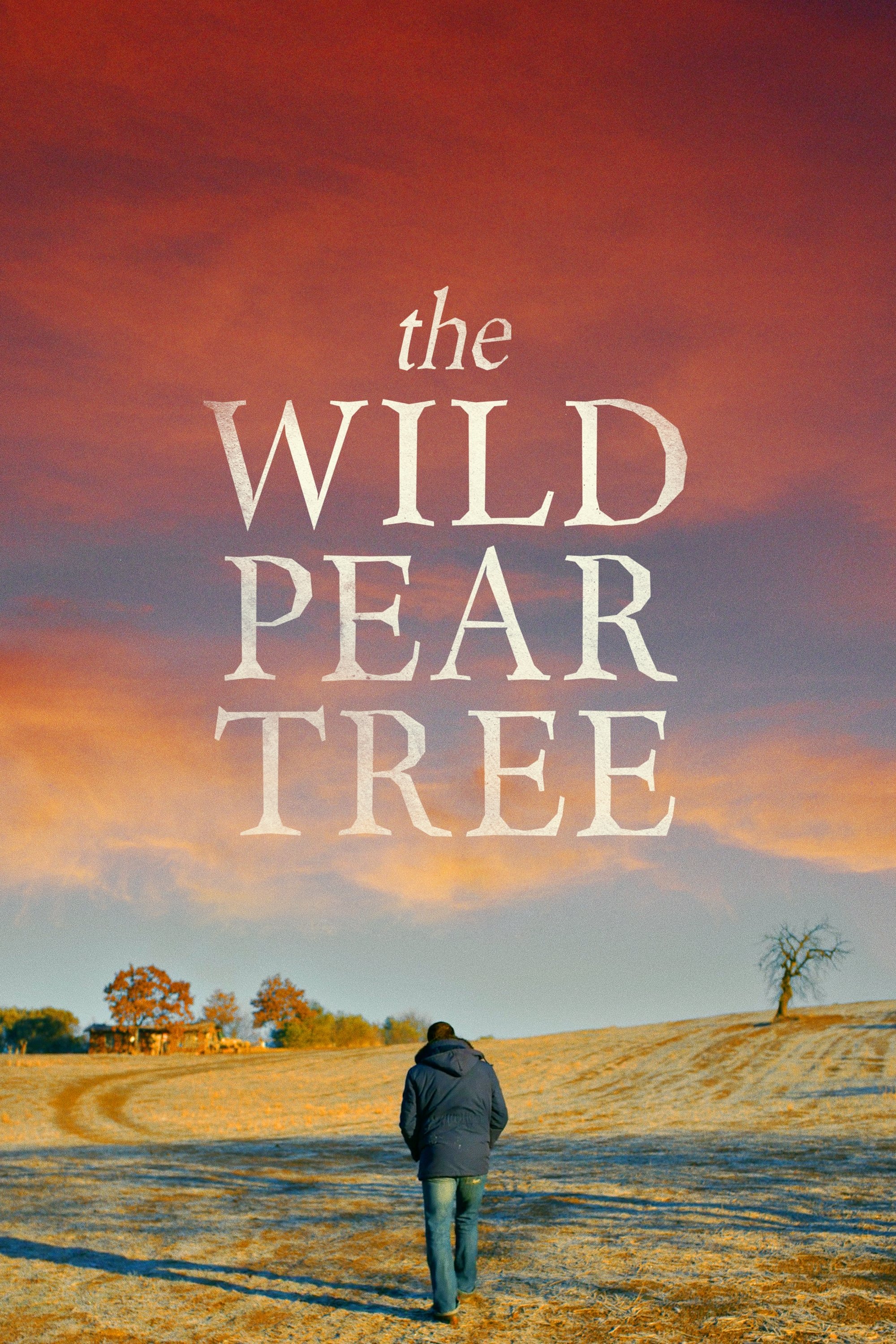
The Wild Pear Tree - dir. Nuri Bilge Ceylan
When thinking only makes you bitter. So bitter that even the thoughts themselves are tinged with the flavor of a teabag between your fingers, gripped in rage. Hating yourself, hating where you come from, digging the grave all the same. Resigned. 8/10.
-
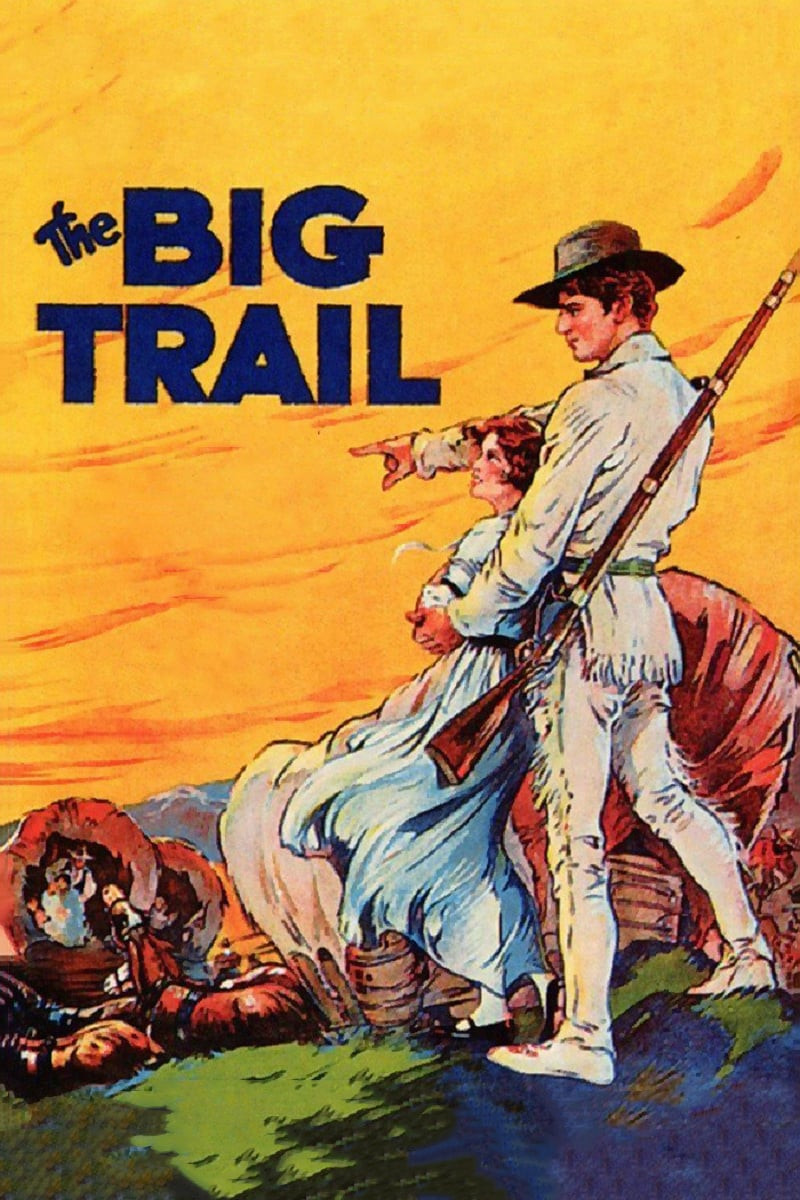
The Big Trail - dir. Raoul Walsh
Huge vistas, not one close up. Reminded me of a Mizoguchi film with a Wagon Master sensibility. Boundless, adventurous, colonial optimism. Impossible to hate but difficult to love. I love a good journey down the trail but I never felt attached to any of these characters, never felt invested in their bonds. I feel like we saw their divisions more than their unity, which I don’t feel is intentional. Like there’s this one guy whose whole bit is hating his mother-in-law, and Walsh plays that joke about 10 times. John Wayne doesn’t have much chemistry with Marguerite Churchill, so their romance leaves me cold. And even the bad guys don’t come off too bad.
I tell you, in the hands of Ford or Mann, this movie would be a masterpiece, but I’m still not fully sold on the Walsh vision. He can certainly frame a goddamn landscape, though, and by god he knows how to manage a crowd in the fame. As somebody who has only managed to direct shots with 3 people in the frame, tops, I can’t even fathom the leadership it takes from a director to literally do crowd control. These old Hollywood guys were built different. 7/10.
-
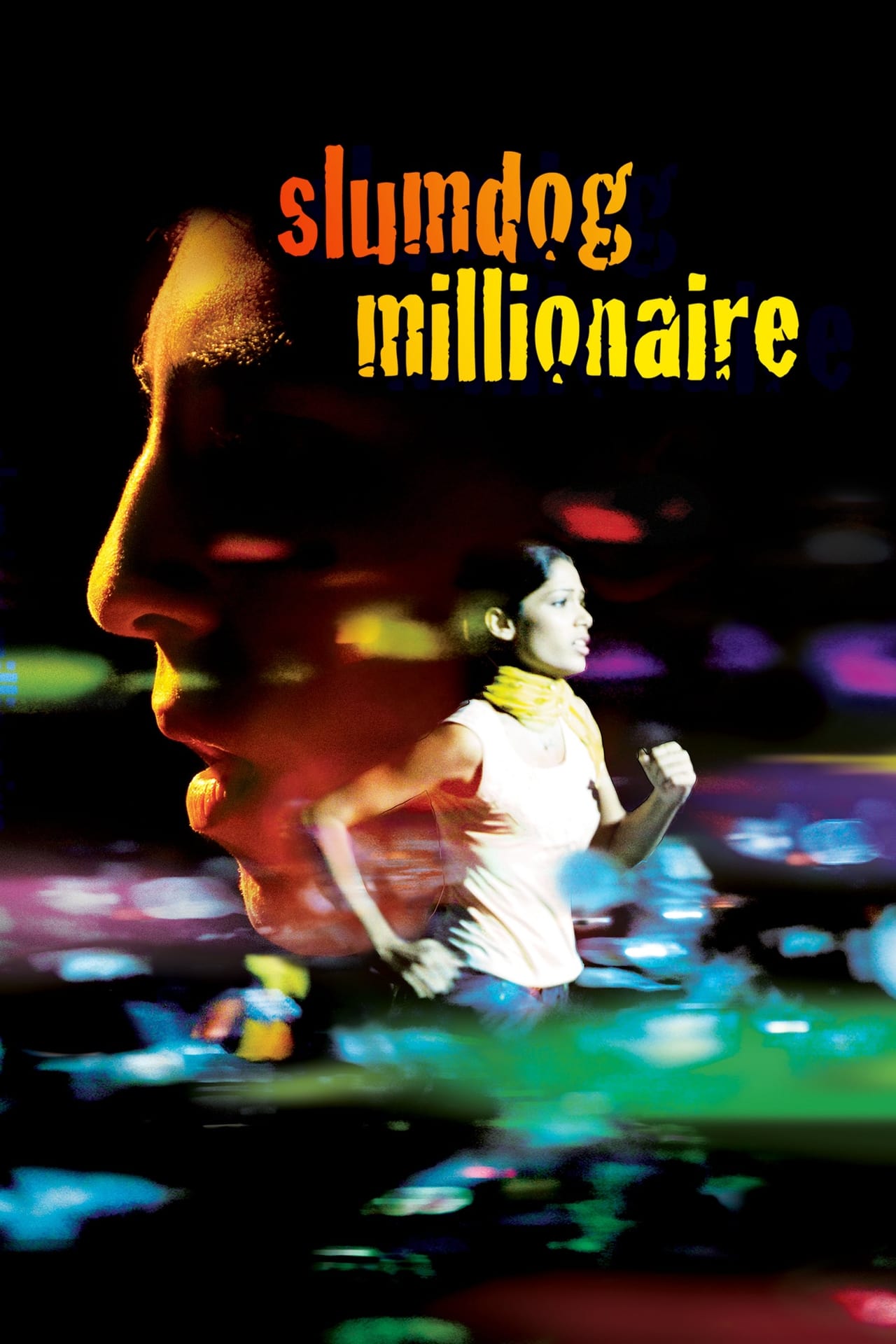
Slumdog Millionaire - dir. Danny Boyle
There is almost no reason to set this in India outside of aesthetic reasons (hence why I understand the criticism levied at the film), the story is as Abrahamic as they come. God puts into motion the worst childhood of all time and the only solace is that by maintaining an ethical code against all odds, by exclusively motivating yourself by love and compassion, you will be rewarded with untold bounty. Jamal is tested by God and comes out ahead. Boyle’s stories all tend to be kind of Catholic this way, something I recently saw observed somewhere on reddit. Belief is always being tested in some or fashion.
I thought it was super interesting that the movie was explicitly anti-Islamophobia. I can see why it didn’t play well to Indian audiences because it’s critical of Hinduist moralization (not overtly, mind you, but enough to where if I were a conservative Indian Hindu I’d probably have a tough time identifying with our Muslim protagonist). 8/10.
-

Miracle Mile - dir. Steve de Jarnatt
If I was a movie. Romance. The end of the world. Tangerine Dream synth score. PARK LA BREA. That’s the neighborhood I grew up in. Part of me wished it never ended, that we could’ve spent even more time hanging out with Anthony Edwards and Mare Winningham. I feel like if I watched this movie when I was a kid it would have been my absolute favorite. 9/10.
-

127 Hours - dir. Danny Boyle
You talk, God doesn’t listen. You ask, God doesn’t respond. You beg, God doesn’t help. This is between you and the rock. If God were to intervene, what good would the rock be? What good would life be? What point would there be if not for the test? You’re born into a world guided by chaos. It is not your responsibility to make it make sense. The rock won’t move, so you bend yourself around the rock. You learn, you adapt, you live. 7/10.
-
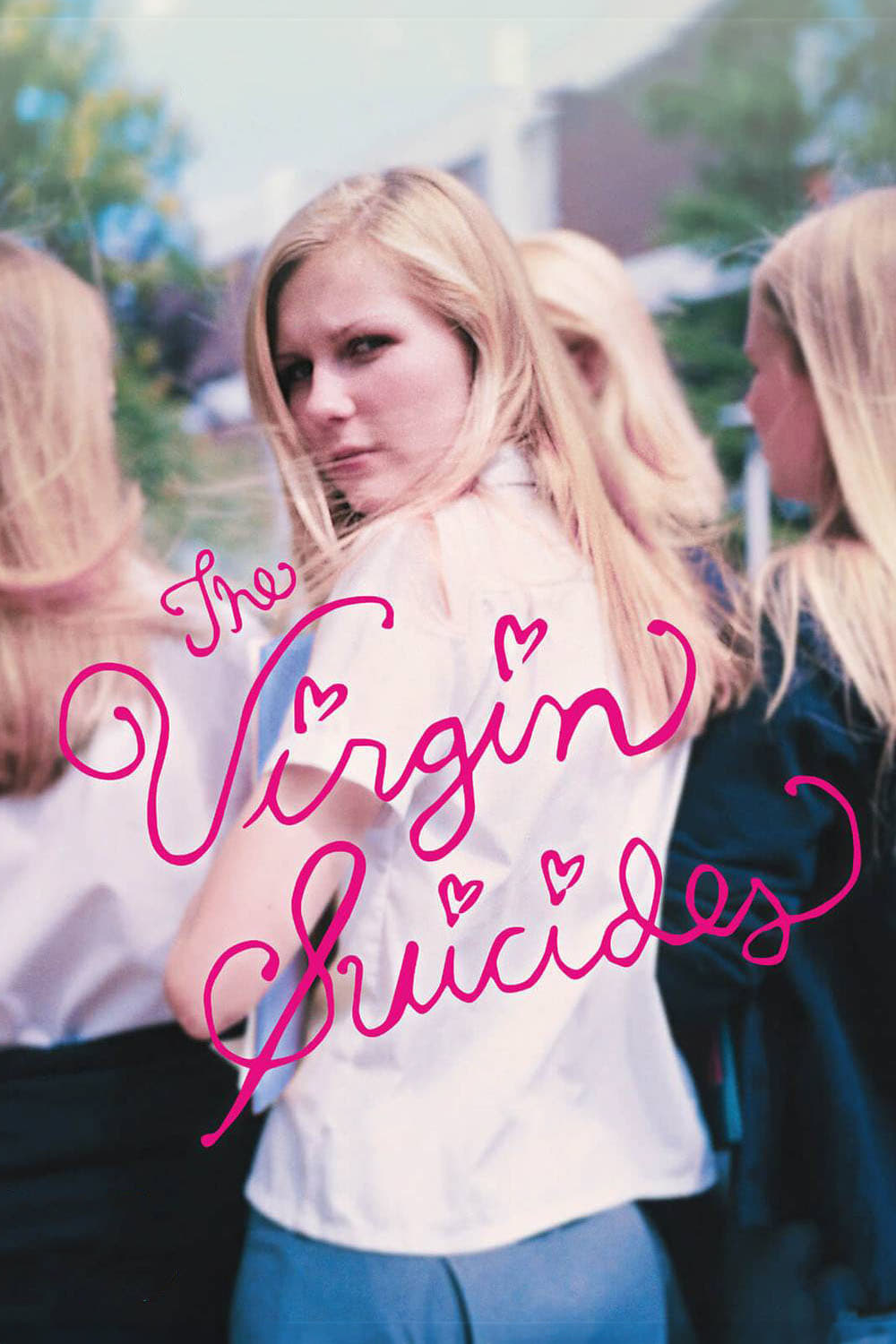
The Virgin Suicides - dir. Sofia Coppola
The miracle of perverted flesh, “how could they produce such beautiful creatures?” as if the girls are progeny from out the skull of a cruel God. How America (or the descendants of European gentry) is kind of just a spider’s den of pedophiles keeping women as cattle to be sold and bartered. The ending debutante banquet is deliberately green, deliberately poisonous, deliberately evil in nature. To come of age in the 70’s must have been a traumatic spiritual awakening for so many festering suburban kids. The jock looks back with a grin at the virgin conquered, the boys romanticize the virgins from afar, the whole film, the interiority of the girls, is told through the perspective of lustful boys coming into their own domineering masculine status.
The first suicide is impalement on the gate, literally death by boundary, suicide by fence. We spend agonizing shots staring at this house, this mysterious furtive territory that we yearn to push into. When we do we meet nothing but the macabre, death. I think in a strange way Sofia Coppola wants us to feel like perverts. She wants to place us in the feeling of wanting to penetrate a woman, wanting to possess her. It is intentionally romanticized because the feeling of conquest is seductive. It is so seductive that a Mexican boy tries to kill himself when he does not obtain the flesh of a tall white woman. The film constructs a binary between concupiscence and mortality. To be a teenager in this artificial world is to penetrate or be penetrated.
The adults call the kids crazy, they make fun of them, they ridicule their needs and rituals–what the adults don’t understand is that the kids’ rituals are reactionary to theirs, that on some level they recognize the incongruity of the cultural landscape they are brought up in. They either mold to the incongruity or die, just as the idea of these five girls is annihilated, stillborn. 9/10.
-

The Bling Ring - dir. Sofia Coppola
Read Neil Bahadur’s take on this film which compares Coppola’s direction to that of Antonioni and it absolutely struck a chord. It might seem like a ridiculous analogy to make but out of any modern filmmaker she seems most in touch with his sensibilities–the focus on rich vapid people without any condescension or judgment. When you read Antonioni’s interviews it is eminently clear that he does not loathe his wealthy, dilapidated, intimidatingly beautiful subjects, no, quite the opposite. Even when he captures the staggering devastation of the industrial world in Red Desert, he says, in interview; “My intention – and I realize that one always knows where one starts off, but very rarely where one is going to – my intention was to translate the poetry of that world, in which even factories can be beautiful.”
Similarly, I feel that Sofia Coppola’s background as a nepo baby (not a condemnation, simply fact) gives her the ability to empathize with the malaise of the rich kids in a way that is denied to other filmmakers simply by way of cynicism or inexperience. People tend to criticize Coppola’s “whiteness” or “privilege” (at one point, myself included) but these descriptors actually are what gives her work its unique identity. She does not shy from her depictions of wealth, class, status, she holds the camera on them and leans into them. I think I almost prefer this movie to Spring Breakers, its closest analogue because while Korine spins a morality tale Coppola does what I believe great artists ought to do; observe. Let the subject do the talking.
I am not making the claim that Coppola’s perspective is “objective” or detached, nor should any filmmaker aspire to be those things. What I am saying, though, is that for me art holds much more value to me when it is affectionate towards its subjects. This movie works so well because we are given space to live and exist with these characters. Like with most great films, I kinda wished I could hang out with them. 8/10.
-

Somewhere - dir. Sofia Coppola
Coppola at her formal and thematic extremities. We get the quasi-pedophilia of Virgin Suicides pushed to its limits, literally framing the innocent sub-relationship of Johnny and Cleo through a deliberate and textual male gaze. We get the hollow celebrity of Elvis in Priscilla at its most decadent, with every woman Johnny encounters throwing themselves at him sexually (easily the most relatable part of the movie for me). We get the wealthy ennui of Bling Ring implanted on a grown man, which makes it less charming and more depressing.
Honestly a strong contender for one of the greatest movies of the 21st century. Slow cinema has almost never flowed better. Really funny seeing the reviews calling it boring. Watch some Tsai Ming-liang or Bela Tarr and get back to me. This is fast-paced in comparison. I appreciate Sofia Coppola for using her nepotism to create interesting movies, she could have just as easily coasted but instead she’s a genius, so the film lovers win. 9/10.
-
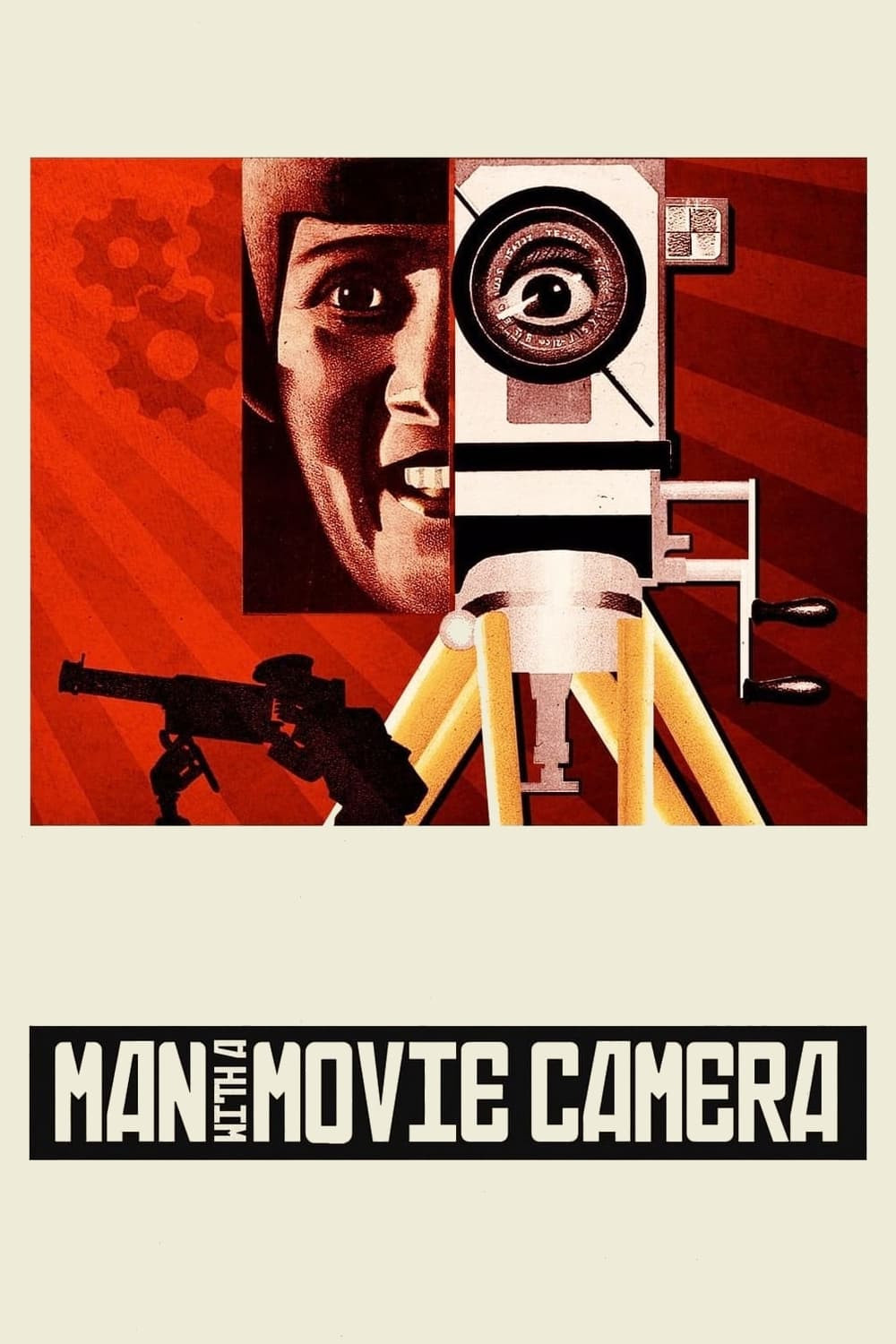
Man with a Movie Camera - dir. Dziga Vertov
So much pride in the civilization that you (Dziga Vertov) are building. When we are critical of the Soviet Union and the results of Stalin’s reign it is important to recall the optimism and transformation from tsarist Russia to communist rule, in theory by people. The leaps and bounds that they made from feudalism to industrialism, the transformation of society from farmer backwater to the bustling metropolis of Moscow. Within the span of several decades the Soviet Union became a powerhouse of a nation competing with the established dominant capitalist hierarchy. Yes, the experiment went awry in many aspects but in a relatively short period of time much of the nation became educated and literate. Dziga Vertov captures the utopian idealism of the early years with such love that it is infectious. When an American watches this, skeptical of the socialist project, they may be intimidated; the people DO have the power to overthrow their kings. Here, the Soviet Union looks the West in the eye and smiles proudly. 8/10.
-
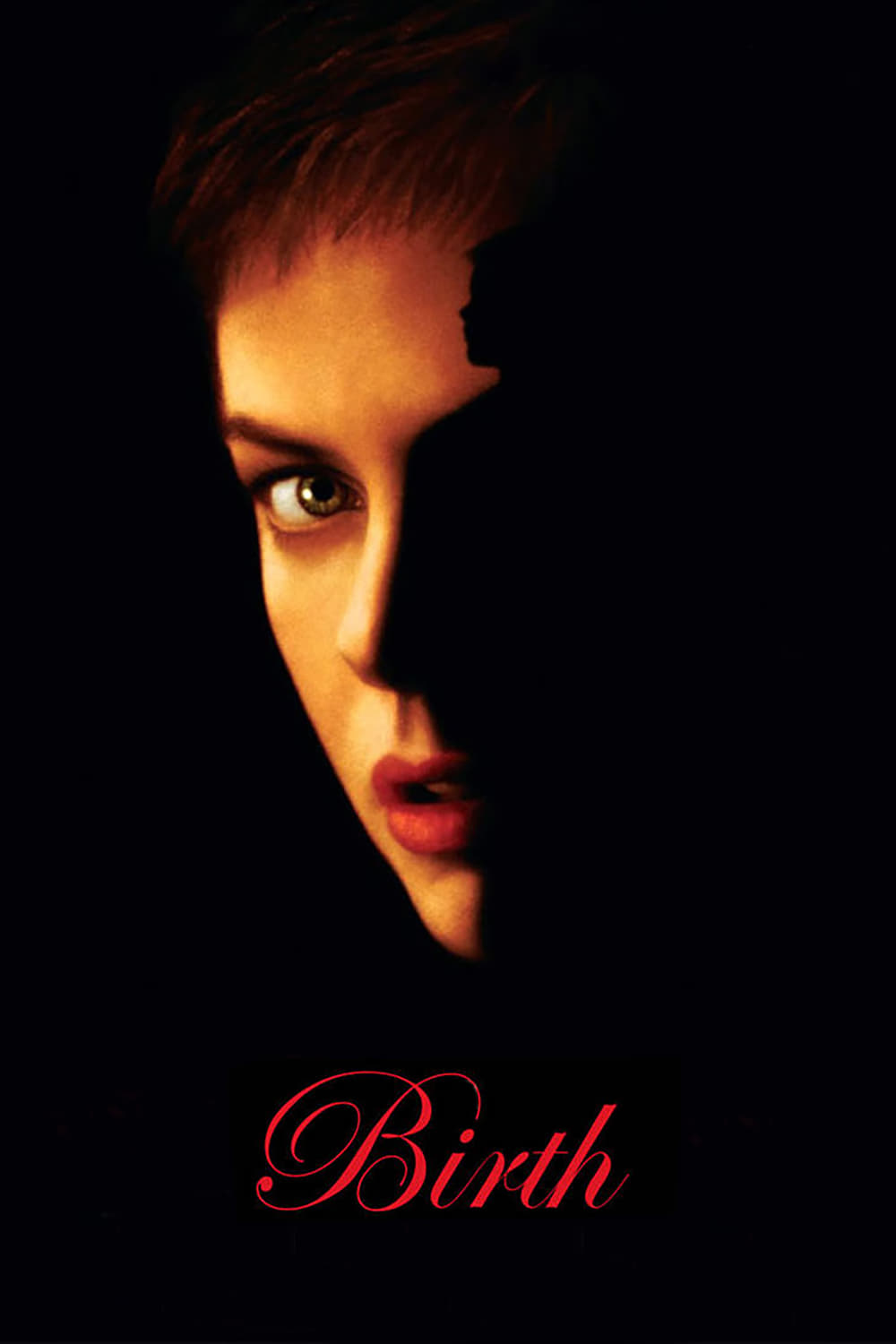
Birth - dir. Jonathan Glazer
Cool concept, wish it actually went somewhere. This is like what morons think Kubrick films are like, except Kubrick was the kind of director who had the balls to push his premises to the breaking point. Glazer wants to be him so fucking bad but every single one of his films is like a self-satisfied edging session that ends in premature mediocre ejaculation. Cool alien lady kills men by pretending to be ScarJo? That sounds fascinating I wonder if we’ll get to explore the alien invasion more or see some cool sci-fi shit–oh no wait this has to appeal to the pretentious Michael Haneke fans so how about we just show the alien bitch cruise in a truck for four hours. Yo how about a movie about the Holocaust… WHERE FUCKING NOTHING HAPPENS? Gotta admit even the premise just sucks there. Still pissed about that movie. Jewish director tries to subvert Holocaust movies but nothing subversive happens, it’s literally the same story we’ve gotten in every goddamn Holocaust movie only this time it’s framed in a way to make midwits flock to the keyboards for their overwrought video essays.
Anyway.
I wanna let you know (spoiler) that if you watch this movie, you will not be seeing this premise play out in any meaningful way. It’s revealed the kid isn’t actually her husband reincarnated which to me is the ultimate pussy move. Come the fuck on. If Stanley Kubrick directed this… SHIT WOULD HAVE TRANSPIRED! NICOLE KIDMAN WOULD HAVE RUN AWAY WITH THE KID! It would have been totally fucking warped but it would have been something.
But nah. Take this dumbass prestige slop instead. 4/10.
-
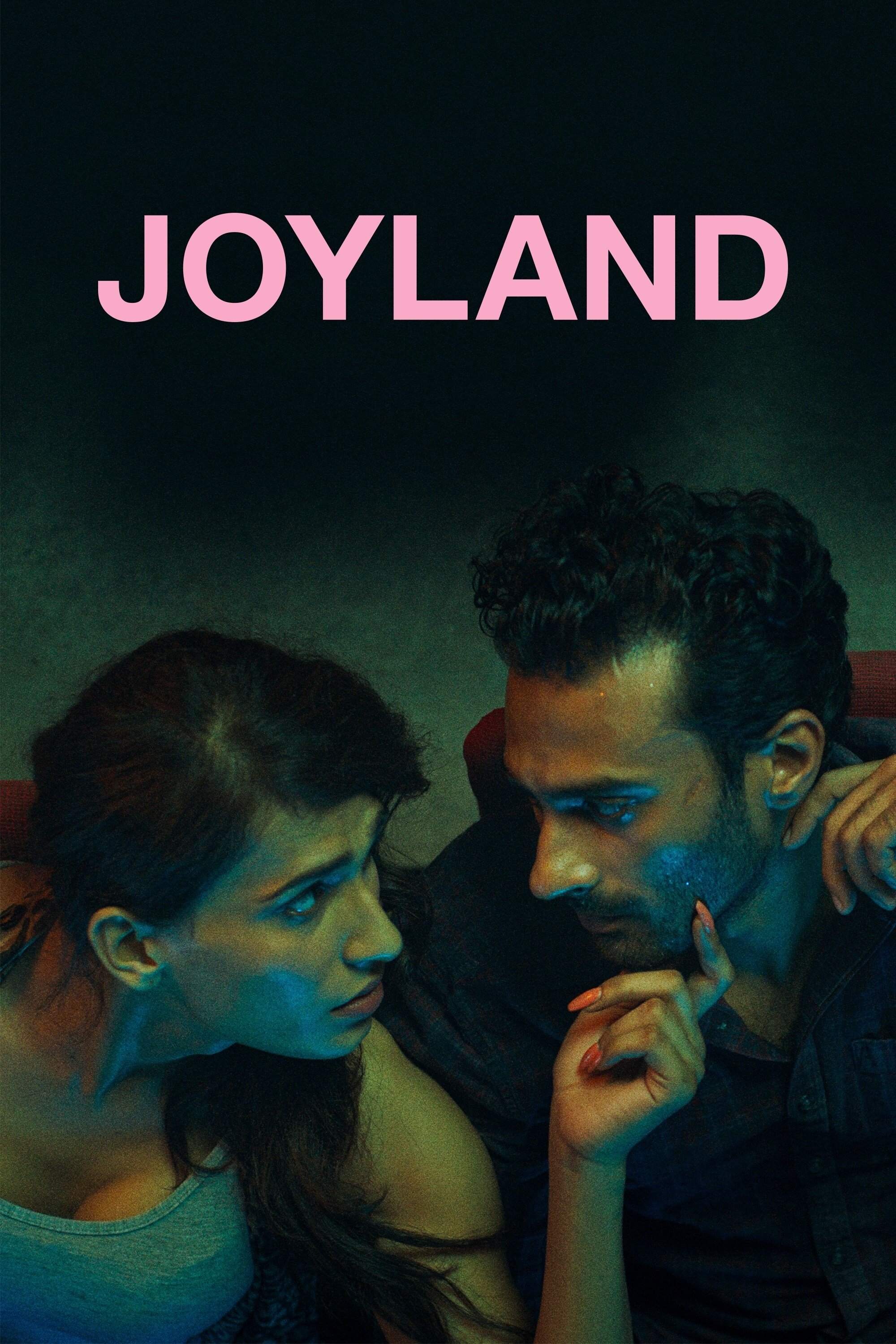
Joyland - dir. Saim Sadiq
I did not want to hate this. It’s one of my best friend’s favorite movies. And for what it’s worth, I don’t hate it, I just find it pretty boring and unlikable.
The whole movie would remain completely the same if Biba was cisgender, the only reason she is trans is to give our main character a gay exploration arc. This is extraordinarily problematic because it implies he is only attracted to her because of her transness, the possibility that she has male sex organs. If he were punished by the narrative for his fetishization of the trans woman, it would feel intentional, but since he is more so punished for cheating on his wife (and by extent his traditional background) it comes across as contrived and oblivious.
Biba as a character feels like a chaser’s imagining of a sexy trans woman. Terrific casting but holy christ she is a trope and a half. A sassy exotic dancer who literally only exists in the narrative to give our main guy a story arc. The whole cheating angle feels so tacked on and pointless. Could this not have been a more innocent love story between two outcasts? Why does it have to be framed in such a fetishistic way?
I probably could have at least enjoyed this film in spite of its obvious chaser target demographic if they had chemistry, but they really don’t. Our main guy is uncharismatic and worse, deeply uninteresting. What does she see in him? Like my friend Cassie said– “the bare minimum; he sees her as a woman” which is funny because this turns out to be wrong. He just sees her as a man he can more easily imagine fucking. The movie doesn’t end with him apologizing to her, their last scene together is her kicking him out of her place. We never see her again, because her function as a character has been completed. What’s even more egregious is that her character is sidelined for the cis wife’s death. She has served the story arc of the main character and can retreat back into obscurity. This film doesn’t really care about trans people, it uses their identity as clickbait to appeal to festival-goers. If anything it pornographicizes them and turns them into props.
I also don’t like the cinematography as much as the filmmaker probably expected I would. Feels too clean and too calculated. The overhead shot of the cake was such fucking hipster bait. Good cinematography should feel effortless. You look at the shot and you’re like “fuck how did they do that”. I never felt that way watching this, because I could see the seams. Too elaborate to be authentic MOST of the time. 4/10.
-

Three Monkeys - dir. Nuri Bilge Ceylan
Why the fuck would anyone make a movie this intentionally ugly to look at? Paired with the “serious” and “depressing” subject matter it’s like Ceylan is trying desperately to be taken seriously by festival judges.
-

Dear Zachary: A Letter to a Son About His Father - dir. Kurt Kuenne
I’m going to try and be kind because this is obviously a labor of love, but I have to admit that I found this film to be utterly atrocious in terms of presentation. I cried but how could you not? It’s not as if the documentary is doing the inherently tragic subject any favors. It’s edited like a true crime reality show. Kurt Kuenne doesn’t have the faintest idea how to edit or focus, he just churns through endless footage until all but several names get lost in the shuffle. Particularly egregious is the editing around the dramatic reveal, which I again find incredibly inappropriate. Just so grossly sensationalized. It plays into this whole “devil perpetrator-perfect martyr” dynamic that plagues the true crime genre and which makes it reprehensible to me.
In the case of Shirley Turner the law should have acted faster, but to use what is ostensibly a personal project, a literal letter of love across generations, to springboard into political advocacy for policy change (to make it legal for the government to hold “accused murderers” in jail indefinitely) is absolutely insane. This is why true crime is fundamentally evil, it takes fringe examples of psychopathy and tries to convince the general population to fear other people enough to motivate them to support straight up authoritarian legal measures. Imagine if a murder accusation was enough to get someone locked up in jail. If your answer is “that doesn’t sound too bad” then you are probably a fucking idiot. Think about it for more than 30 seconds and get back to me. 4/10.
-

M/Other - dir. Nobuhiro Suwa
It doesn’t work when you bring the past into the present, the old way into the new. When you make your bed, you have to lie in it. The kid doesn’t know the difference, the kid knows only what they have to. Sometimes the idyllic must be disturbed to reveal the truth, like tossing a pebble into a pond. Nobody asked for this, they need contend with it anyway. 7/10.
-

Coonskin - dir. Ralph Bakshi
Not even that offensive imo (Heavy Traffic is way more offensive because it’s less obvious in its satire) just kind of annoying. Bakshi is insanely creative it’s just too bad his movies are ear-piercing. 5/10.
-
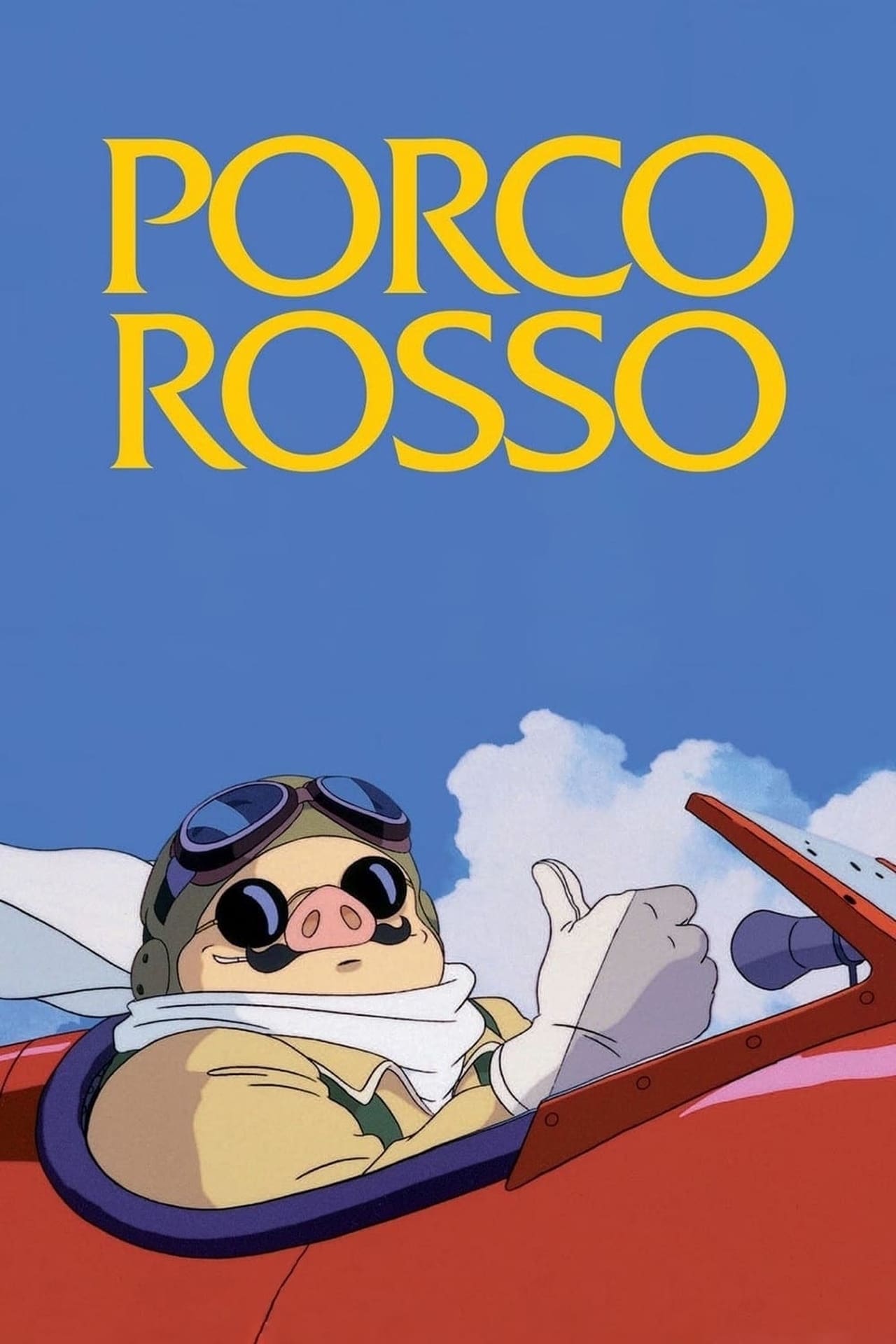
Porco Rosso - dir. Hayao Miyazaki
I’ve never been convinced Miyazaki is actually invested in the struggle against fascism so much of the lighthearted commentary rings totally hollow. This is the same guy who made a whole movie crying crocodile tears for a man who designed planes for the Japanese war machine (which contrary to the reigning opinion doesn’t frame his decision to commit his life to the air force as anything other than a minor sacrifice, it has zero bearing on his well-being or his psychological state or his relationships). This is all fine! I don’t need every artist to have a hyper-coherent ideologically framed combat against fascism, but as I say so many times–if you’re going to get political, then get political.
It bugged me that the whole premise of the film is that he’s a pig but it never affects any of his interactions or anything about his everyday existence. Another example of quirk for the sake of quirk. If this is your premise, how about engage with it? Seems like he’s still considered a bad bitch by every woman he comes across. Like literally you could make him a flamingo or a porcupine or a fucking walking talking dildo and nothing would change.
It’s cool if you thought this was a great anti-war film at 12 years old but giving this the same rating as something as masterful as Princess Mononoke is blasphemous. Studio Ghibli brainrot is real as fuck. 5/10.
-
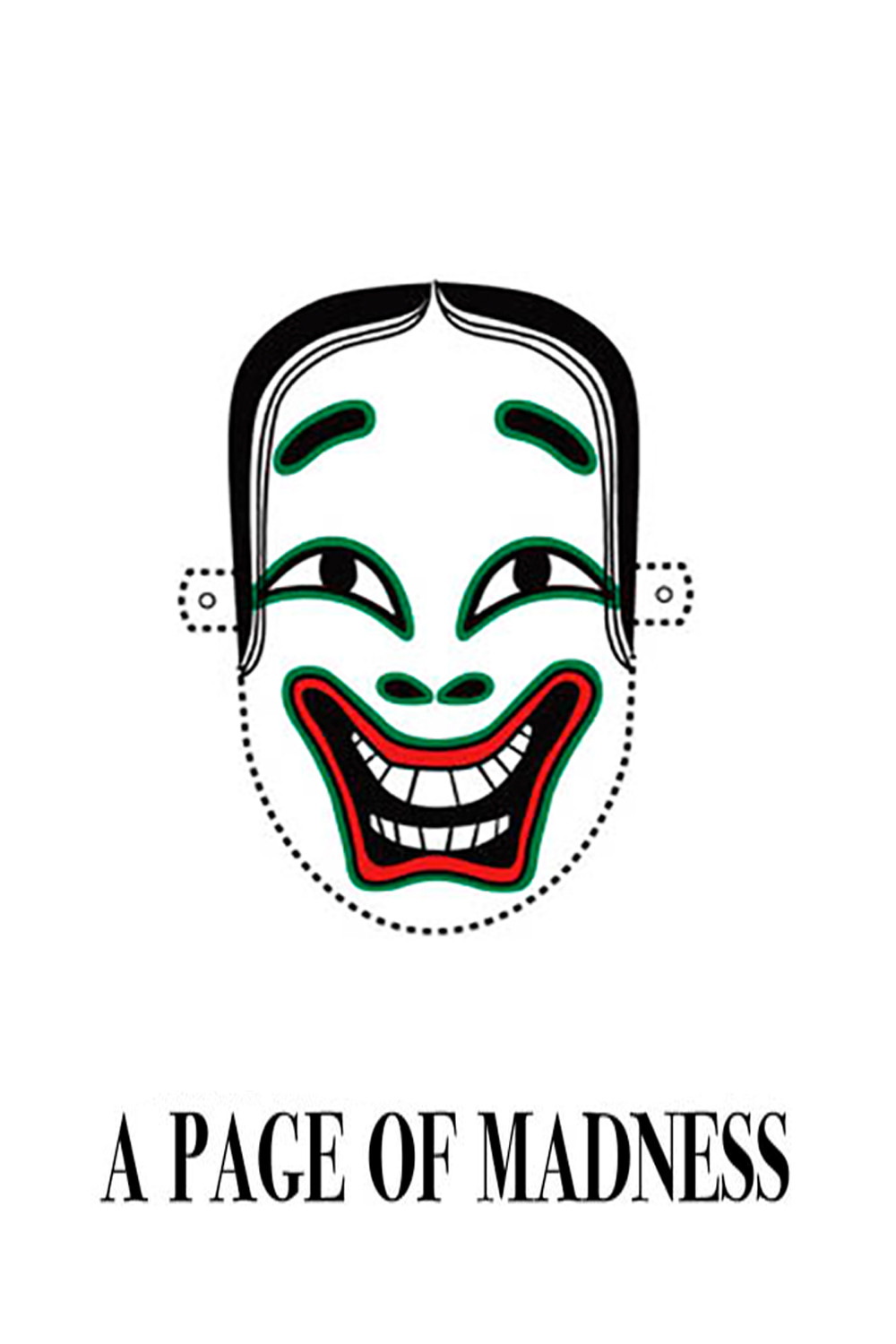
A Page of Madness - dir. Teinosuke Kinugasa
A cursory glance at Kinugasa’s biography will reveal his origins in Japanese theater, which perhaps illuminates some of the more evasive ideas presented. I was confused until the ending with the parade of masks, as if our protagonist has been absorbed into the panoply of madness and deception. It’s crazy that such a theatrical background could produce such pure distillation of cinema but there it is. 7/10.
-

Attack the Block - dir. Joe Cornish
The platonic ideal of redditor cinema, also the epitome of a 5/10 experience. Didn’t hate it. Didn’t love it. Too dorky for me. Very much a personal thing, I don’t like when aliens are basically just horde creatures, I like when they’re scary and mysterious and weird. 5/10.
-
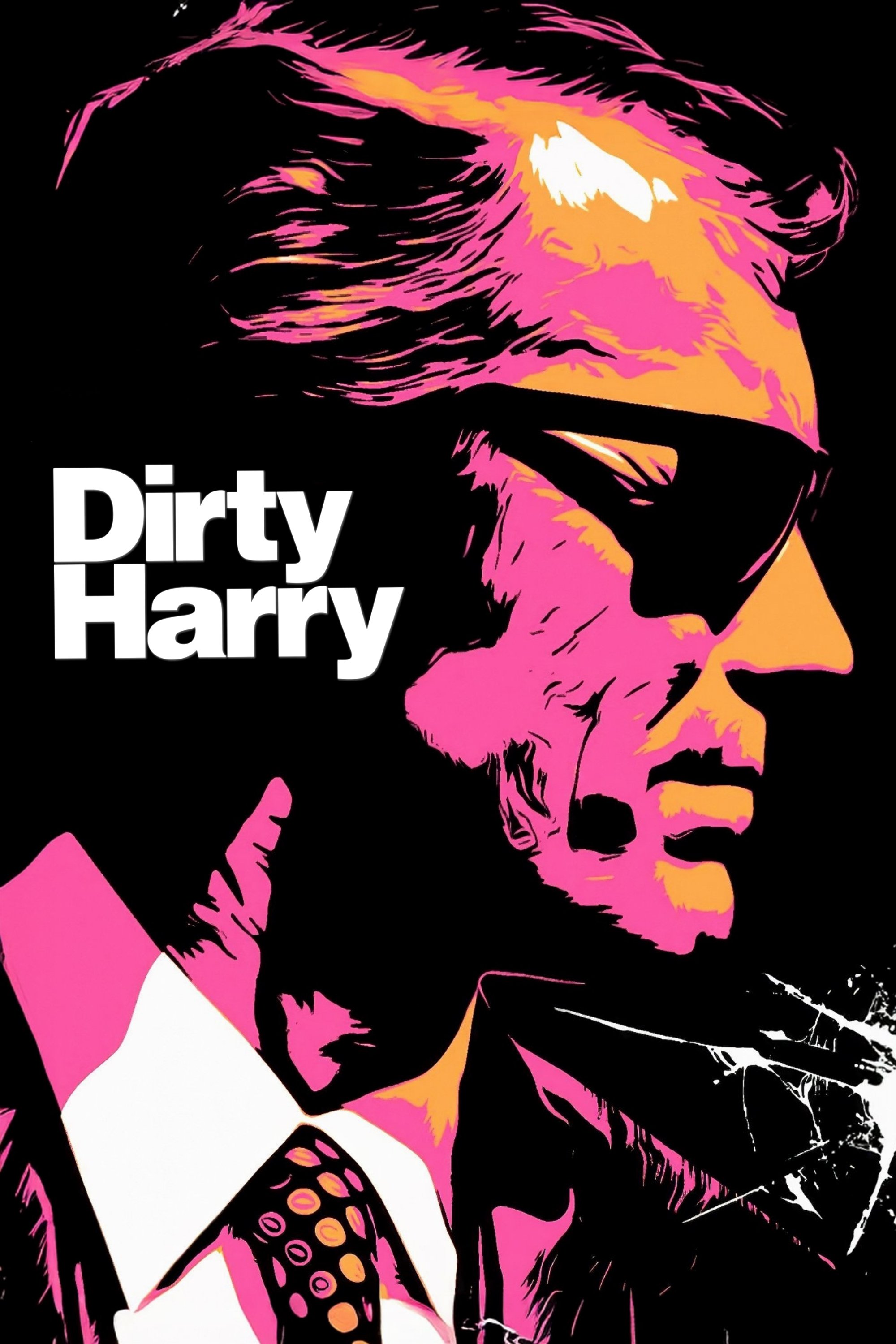
Dirty Harry - dir. Don Siegel
So sincerely fascist that it almost circles back to being self-critique, you wonder how anybody with a soul could possess the all-American instinct for murder and vengeance, or how any killer could be caught without a killer on their tail. Schifrin’s score is doing crazy work here, elevating the pulp to deafening spiritual madness, the crescendos of violence pouring out of every floodgate of San Francisco. We just don’t get evil conservative cinema like this anymore, now we get the Marvel Cinematic Universe. 7/10.
-
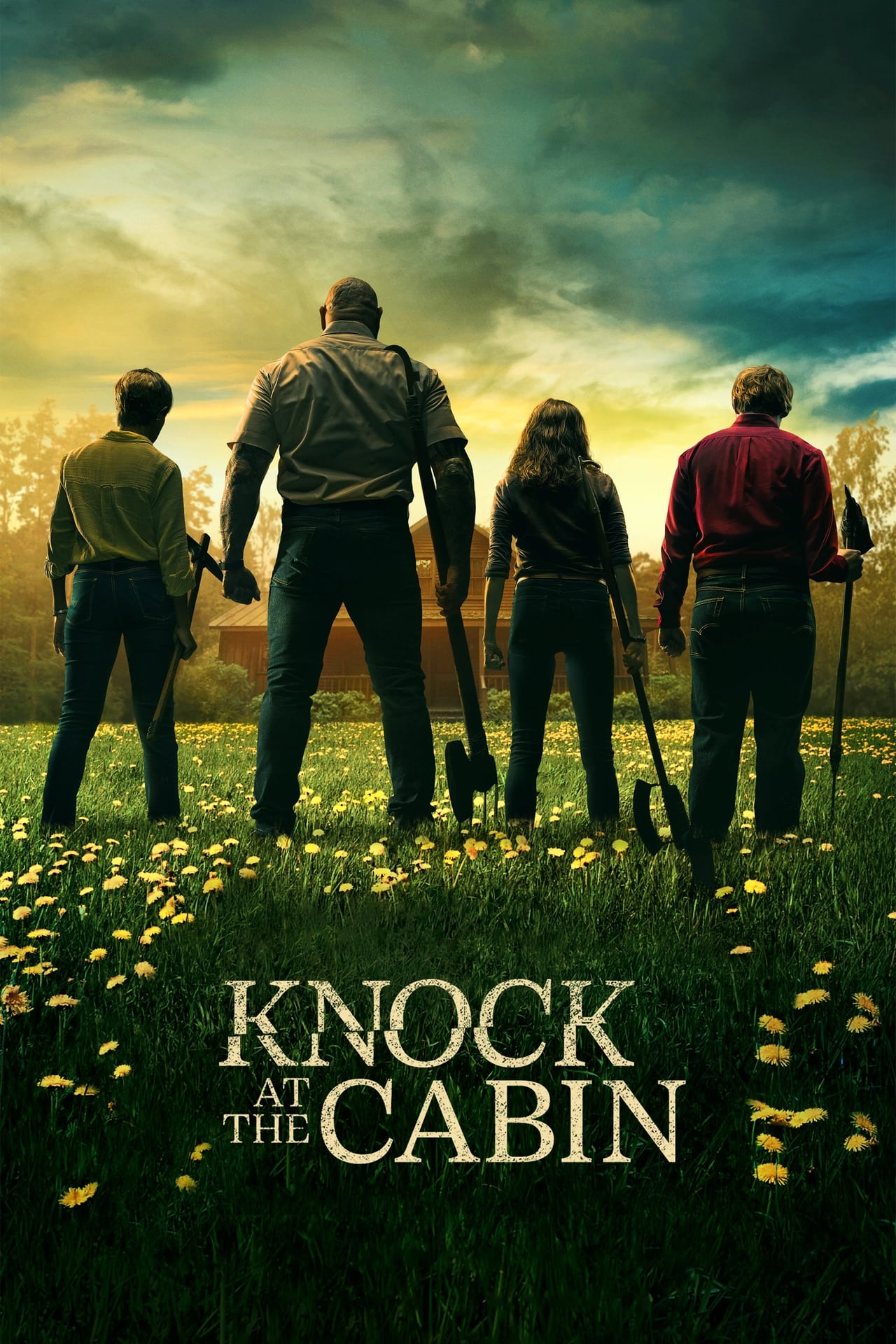
Knock at the Cabin - dir. M. Night Shyamalan
What I love about Shyamalan is that beneath all his tricks he is really just a classical filmmaker who makes character films in the mold of genre. He never reduces spectacle to psychology, but he never reduces sensation for sense either. Yes, the apocalypse is real and yes, the interiority of his lead couple DOES retain its buoyancy–it hurts when it is deflated, the held shot on our protagonists at the end of the film packs a punch because Shyamalan loves his characters enough to give them tough choices.
What I love about THIS story in particular is how many different roads it offers its viewer in the path to its message. You can view it as a story about queerness, about how difficult it can be to forgive a world that has hurt you. You can view it as a coming-of-age story, about a child who grows to realize the importance of decisions and the lasting consequences they have on the world; burgeoning consciousness. You can view it as it was mostly intended, a biblical allegory, the four horsemen of the apocalypse delivering a message to the modern Jesus/Mary/Joseph. Or, if you don’t care about any of that, you can just enjoy the damn story.
For me at least there was a sense of cataclysmic optimism, far more pronounced here than in Everything Everywhere all at Once, for example. Placing the immediate world and society at stake feels more pertinent to the soul than something as confoundingly abstract as the “multiverse”. To save the world, there is a part of the world that must be destroyed. If we are to view the mini-society of the seven characters as a kind of microcosm of the larger world then it is fitting that parts must be severed in order to save the rest. Lessons imparted, the final characters return to the “real” non-filmic world to spread the gospel, so to speak. Humanity, on the brink of its own totalized self-annihilation, must relearn the fundamentals to be “saved”. These are not platitudes, these are commandments.
I love films that embrace a pathos of destruction as means to redemption. My favorite Shyamalan, I’m glad I waited so long to watch it as not to be tainted by the godawful youtube critic discourse. 9/10.
-

The Dirties - dir. Matt Johnson
At first I was put off by the found-footage angle because it felt nonsensical. After all, who was filming these guys? Jared? Why the fuck do we never hear Jared speak? Later it becomes clear that Jared is not real and that it plays into the film’s themes of self-surveillance, which feels especially prescient in the era of the smartphone, where everybody can keep watch on everybody, where all behavior is held permanently accountable. This film also plays on the post-millennium phenomenon of identity merging with media, or how overdependence on consumption leads your soul to be indistinguishable from what you watch. If you are always performing to an imaginary camera, are you even a real person? “Owen, it’s me!” Matt says, but who is Matt at this point? “Don’t worry, we’re here for the bad guys!” Matt says, but how did he come to that determination?
This film is terribly sad but not indulgently so, it still feels endearing and embarrassing as a movie about two high schoolers. I feel like it’s the better, more enjoyable version of a bad Haneke movie. 7/10.
-
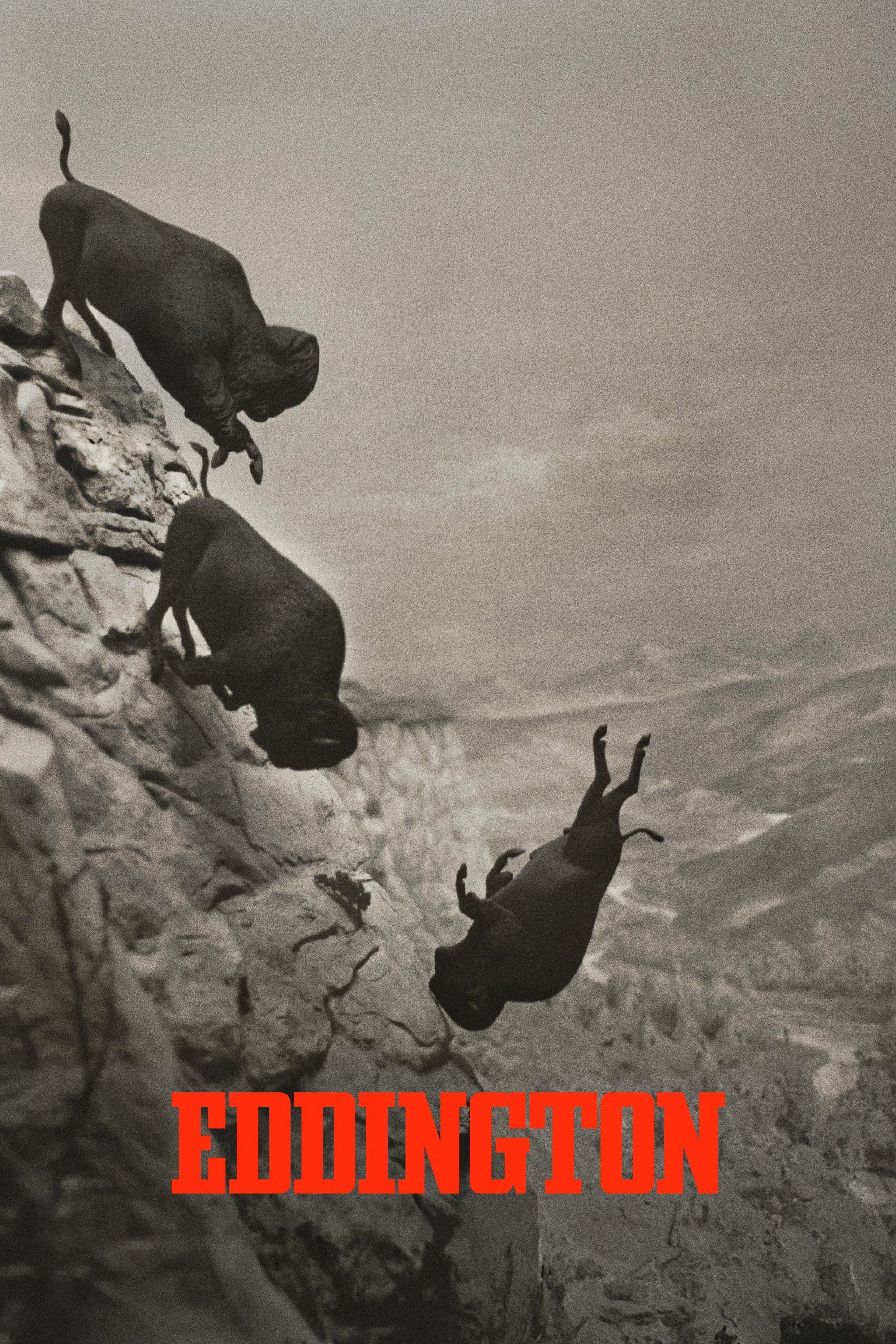
Eddington - dir. Ari Aster
John Ford, Anthony Mann, Raoul Walsh, Budd Boetticher, and Sergio Leone did not die for this. Clint Eastwood is not sneaking out of the fucking retirement home every year to shoot modern American classics for this to be the flagship A24 movie of the year, the so-called “modern Western”. Please. Give me a fucking break. This is a western for people who hate westerns.
I’ve been generous with Ari Aster in the past, as a more cynical person I gravitated towards his schizophrenically evil depictions of humanity because I felt they held kernels of truth–Hereditary was “honest” in its grief, Midsommar “honest” in its indoctrination, Beau “honest” in its anxiety. I was generous because I identified with the deliberate cruelty. I grew up and now I look back at my praise with embarrassment.
It crystallized for me with this film. Pure dipshit-core. Nothing honest here, just amplified cruelty for the purpose of provocation. An incredibly dumb movie disguised as a smart one. The inverse of Southland Tales, which is an incredibly smart movie disguised as a dumb one. There are so many little details that expose the shallow sociopolitical understanding at its center. Some top review praises the movie for its accuracy in portraying online culture. But in the movie I saw, a 19 year old girl posts a shitty selfie of herself and a guy she just met on Instagram. Small detail, but it really exposes how little Aster actually understands the people he’s trying to satirize. If you’ve spent literally any time on Instagram you would immediately see how fucking stupid that moment is. WHO WOULD POST THAT? WHO WOULD POST A SHITTY SELFIE OF THEMSELVES ON THEIR MAIN ACCOUNT?
Writing about this movie is exhausting because everything about it is so prepackaged and calculated. Comrade Yui was quite apt in their criticism of Barbie where they talked about how the movie pre-supposes everything about itself, how any discussion on the film is stifled by the fact that the film doesn’t have any room for interpretation or observation. Eddington is similar in this aspect. If you criticize it for flanderizing political issues, the defenders will claim “that’s the point.” If you criticize it for being poorly lit or for having incomprehensible dialogue, defenders will claim “that’s the point.” If you criticize the cardboard cutout characters without any depth or compassion to their personhood, defenders will claim, again, that that is the point. Any criticism of the movie is stifled by the film’s insistence on its own omniscience. This is not a curious film, this is not a compassionate film, this is not a foreboding film, this is a self-contained hermetically cynical pet project. Nothing to think about, the movie already does all the thinking for you–but the catch is that it makes you THINK it’s making you think. I guarantee we will forget about this movie in less than a year just like how we forgot about Everything Everywhere all at Once.
But the worst thing about all of this, the worst part of this absolute piece of shit is that it is completely boring. Just utterly fucking boring to watch. A waste of two and a half hours, no payoff at the end, no real sense of setting (Eddington never at any point feels like a real town because nothing about any of Aster’s movies ever feels tangible), no empathetic characters, nothing funnier than your average right-wing brainrot ragebait, no cool setpieces or shots. A totally worthless movie, politically idiotic, pointless, overwrought, and actually evil. 1/10.
-
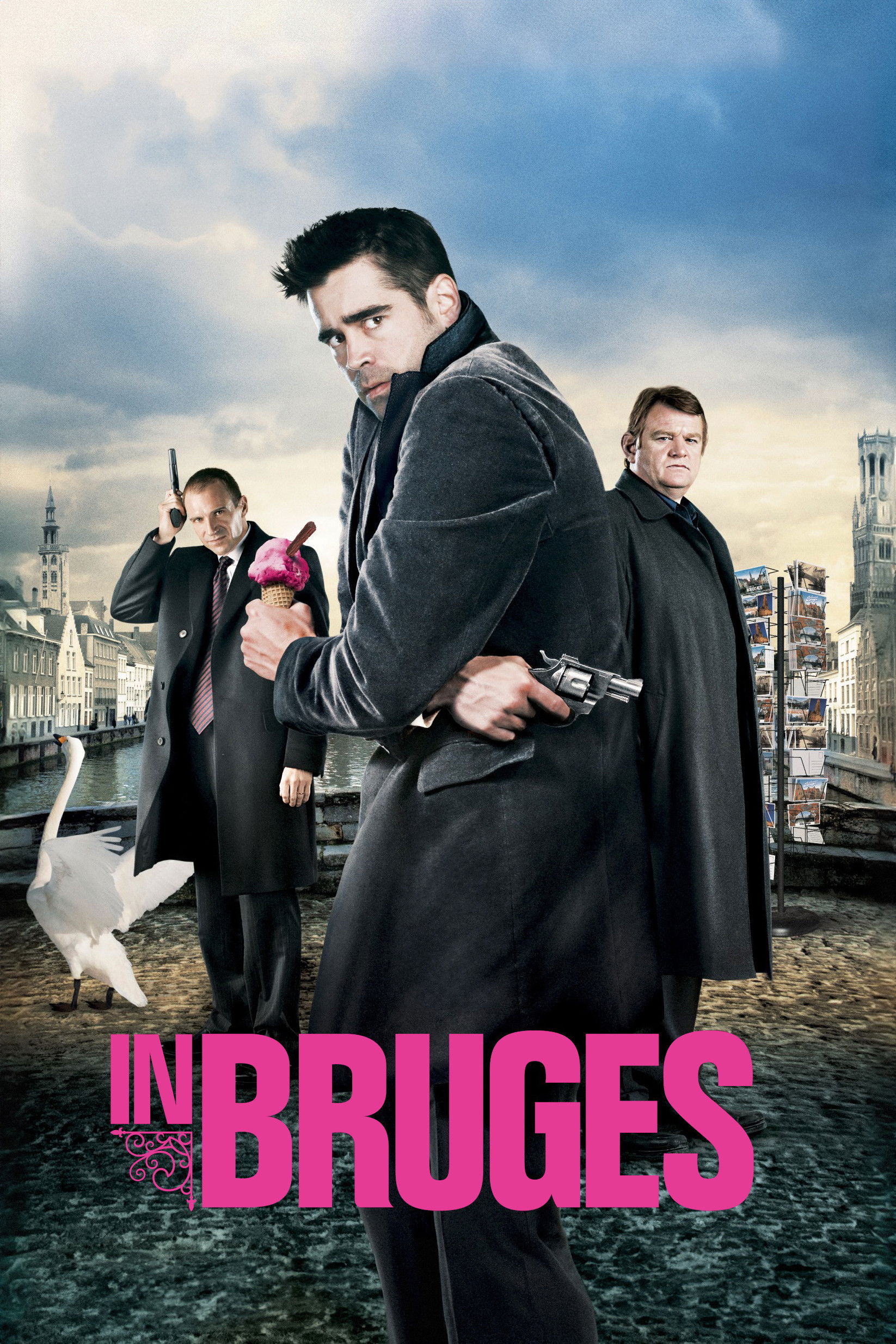
In Bruges - dir. Martin McDonagh
This is really cute but nothing more. Like a Coens film but a touch more romantic. A bit too soft and British to be effective. 6/10.